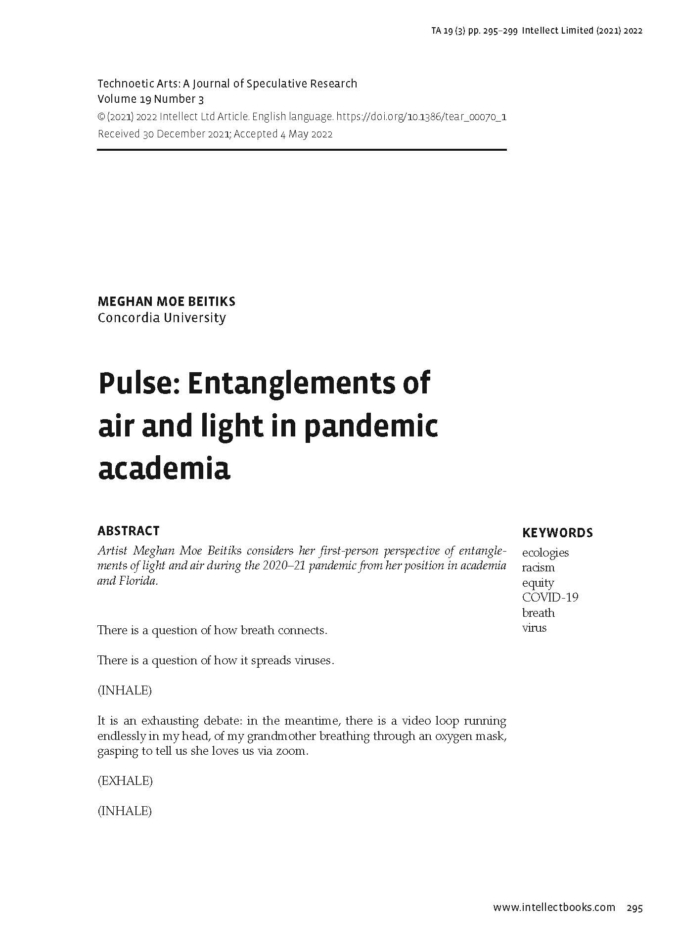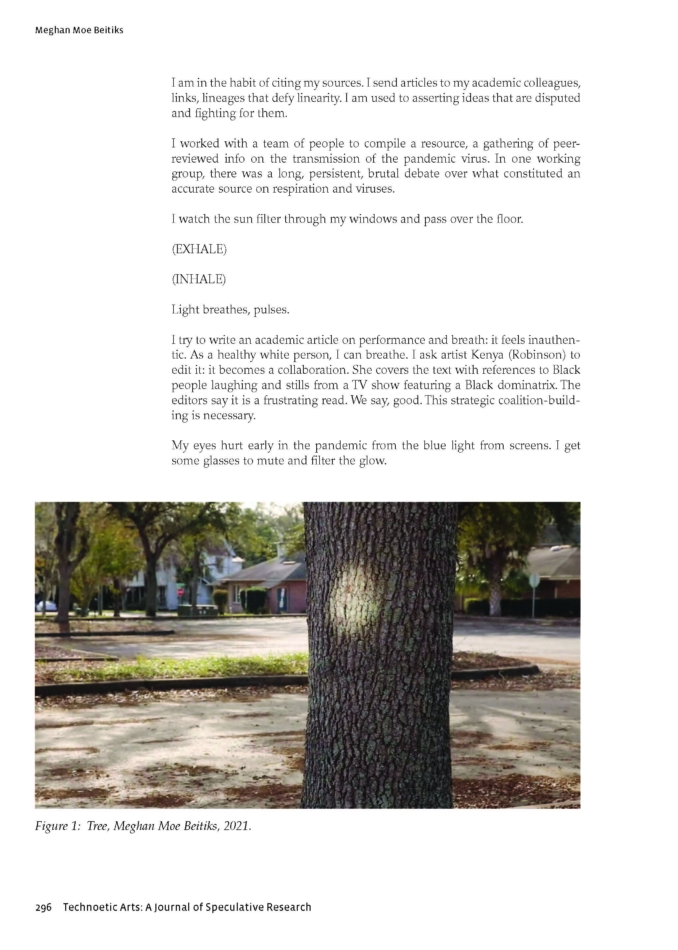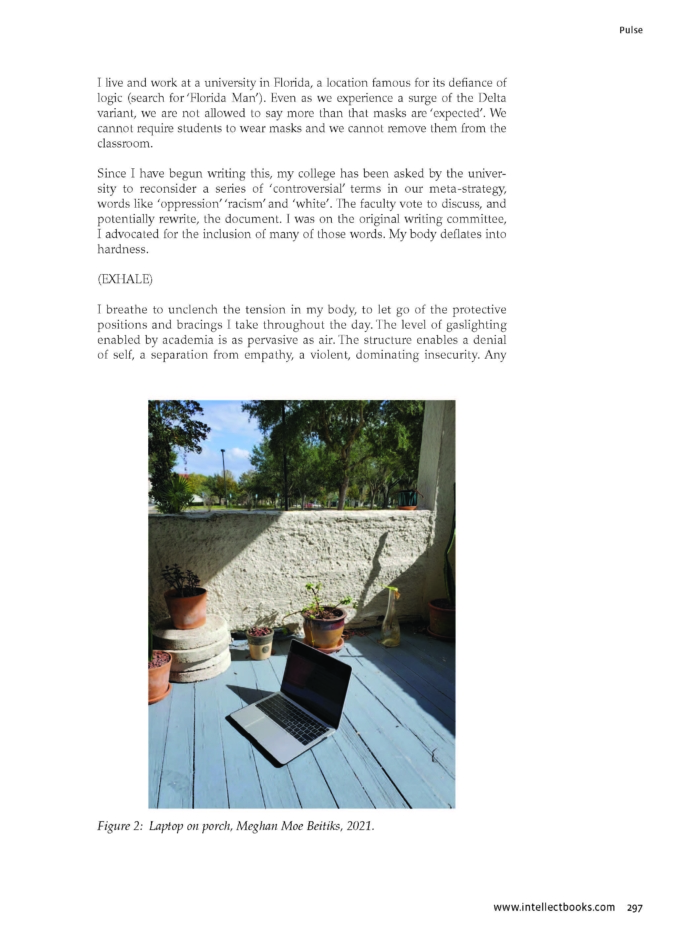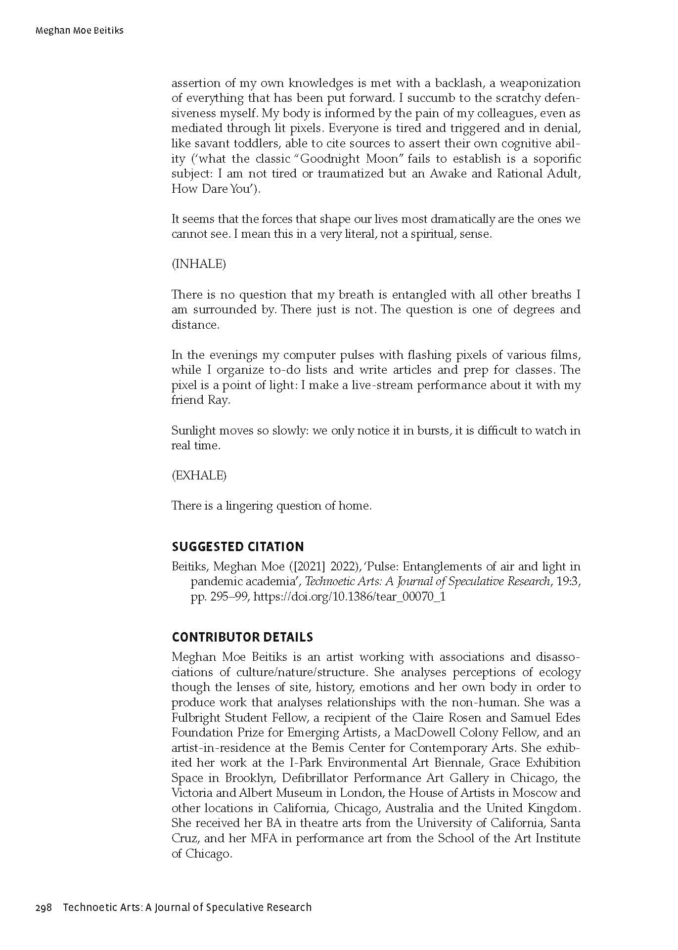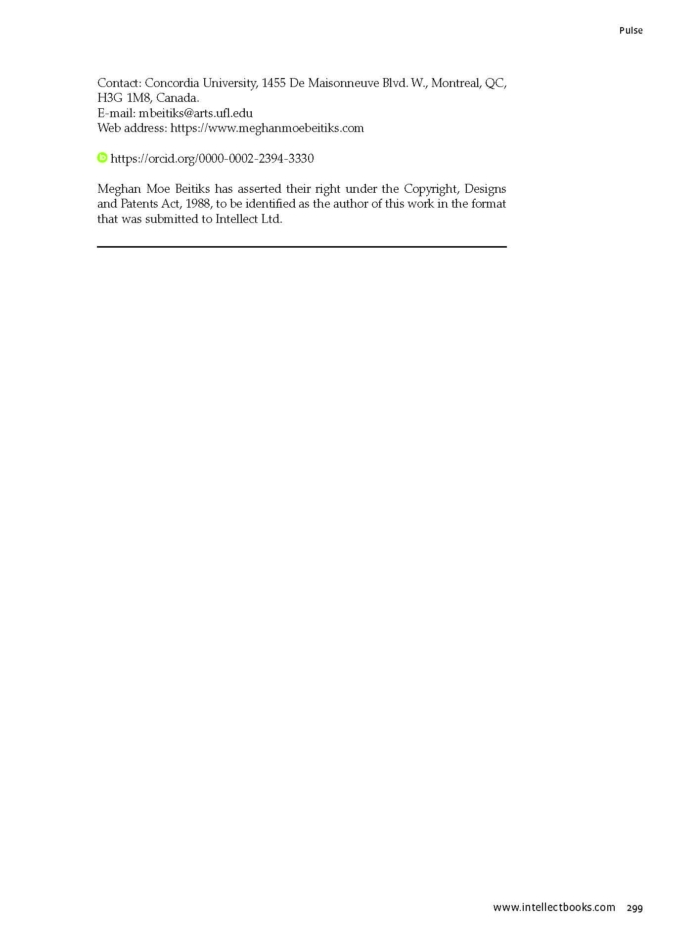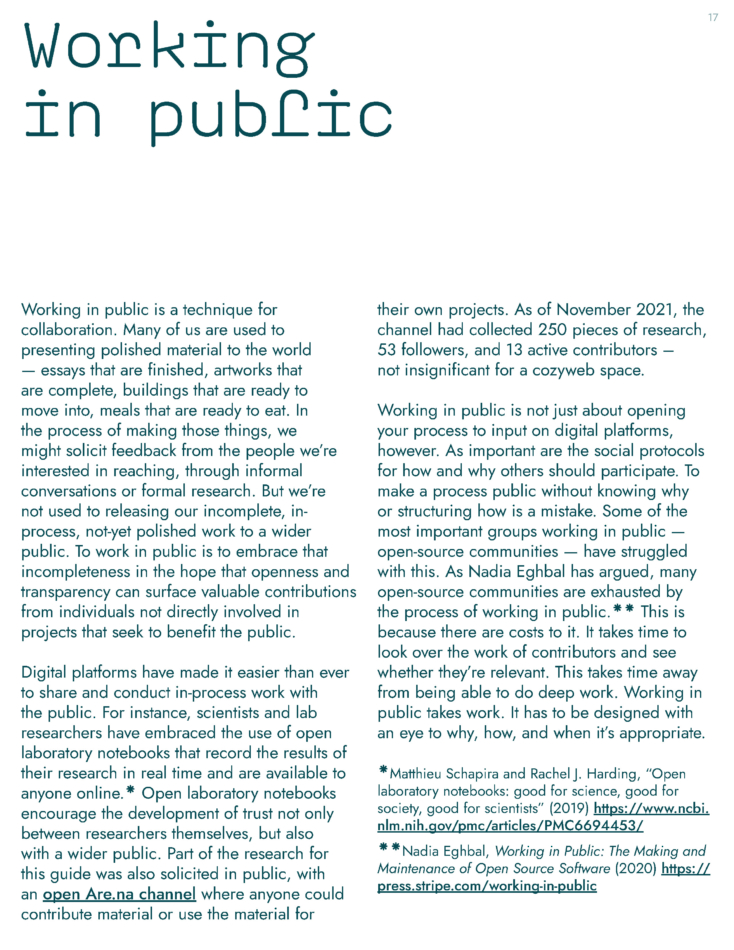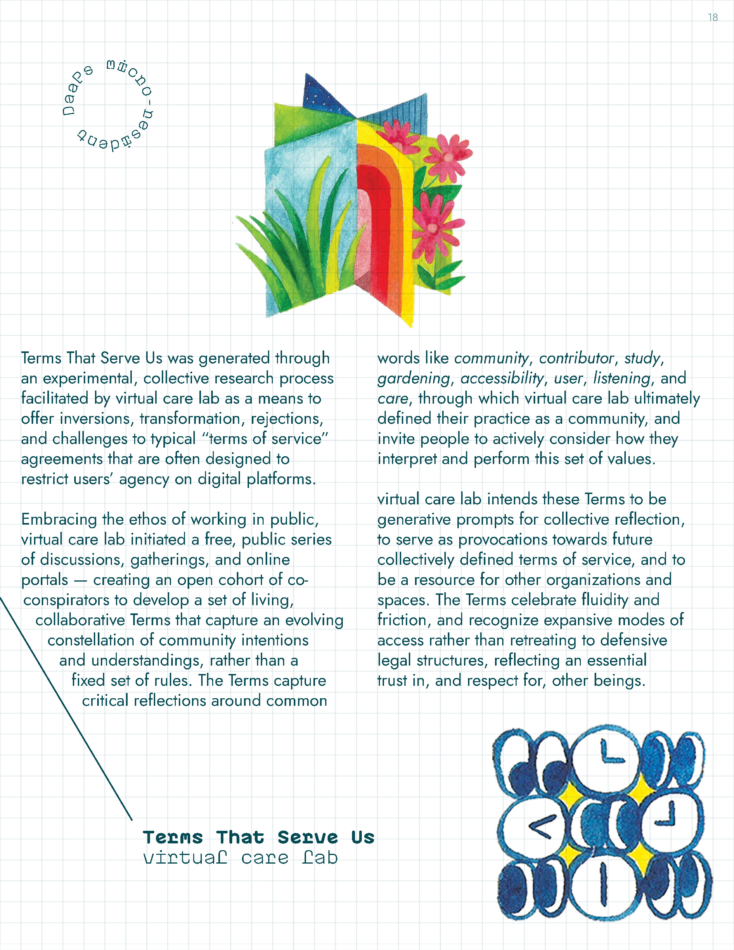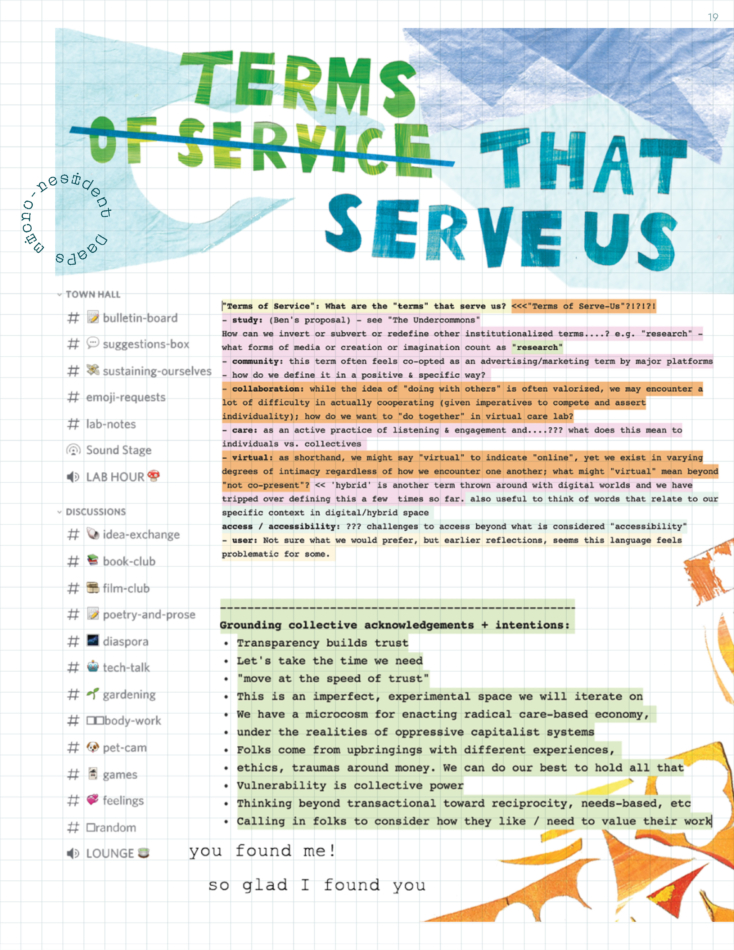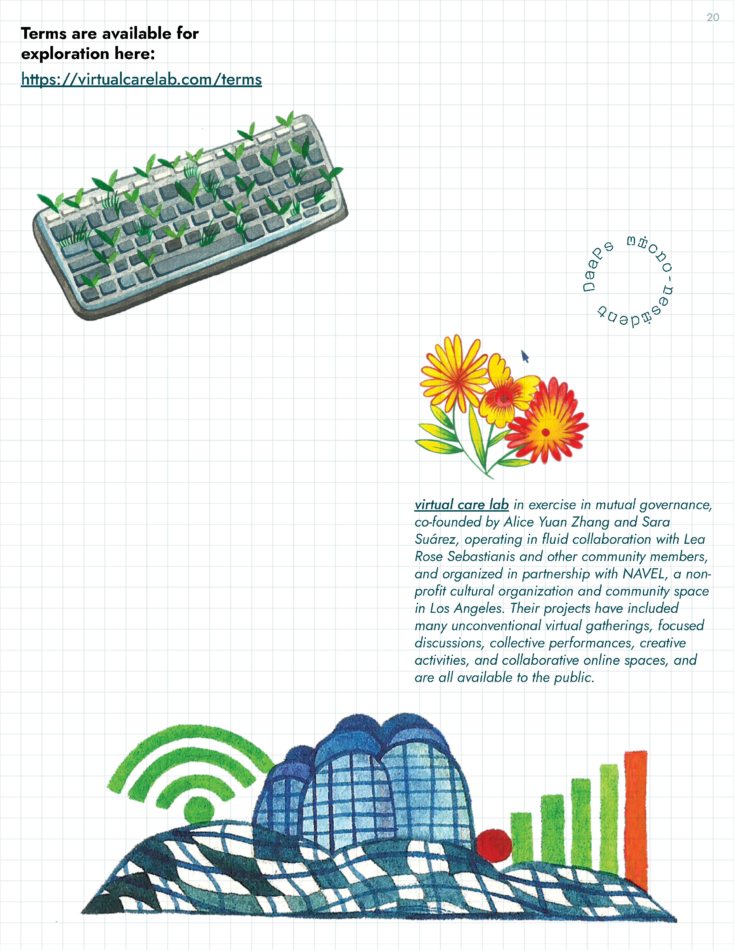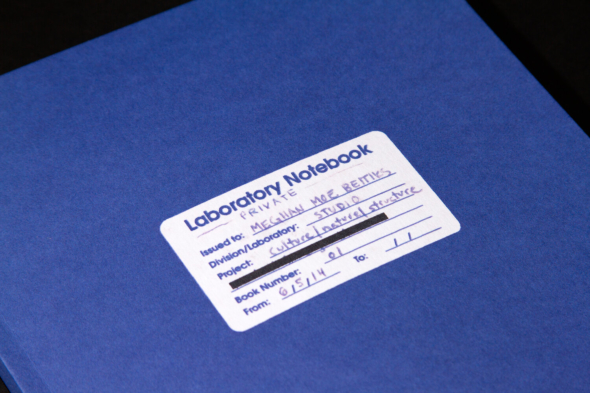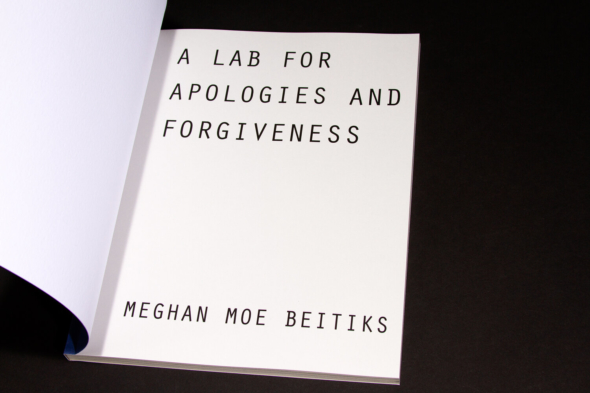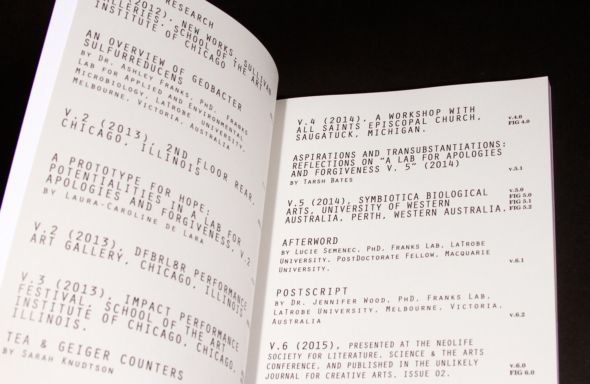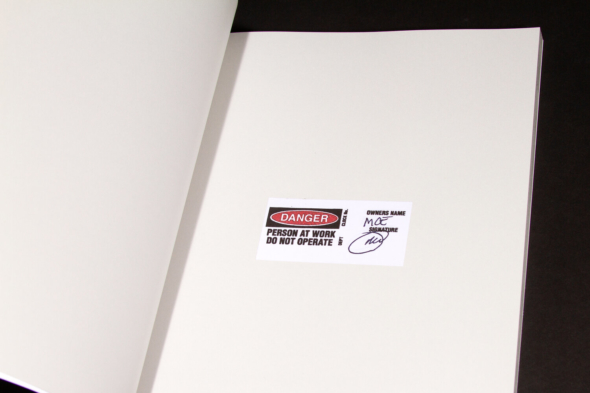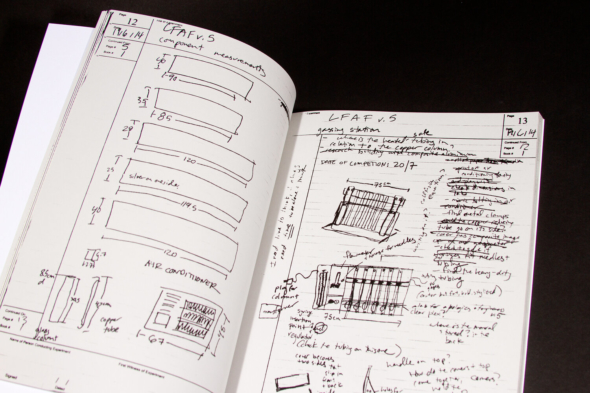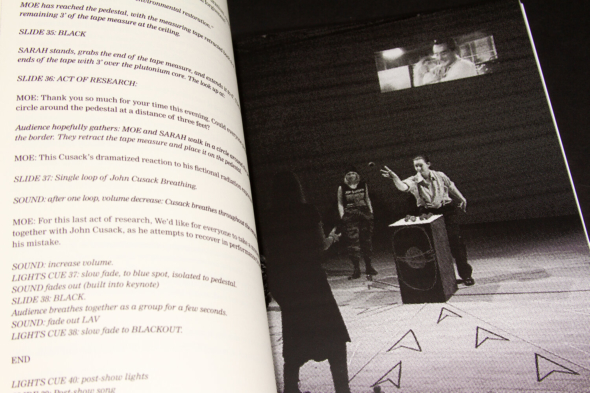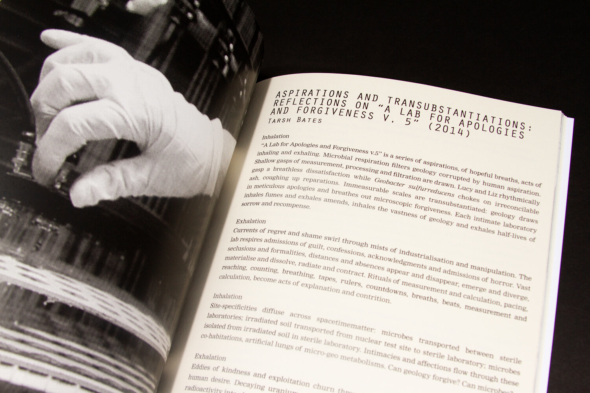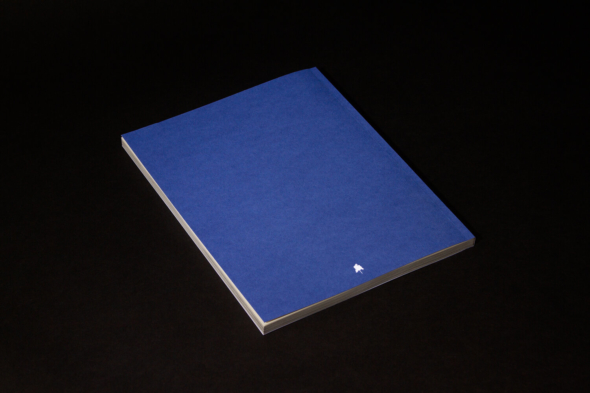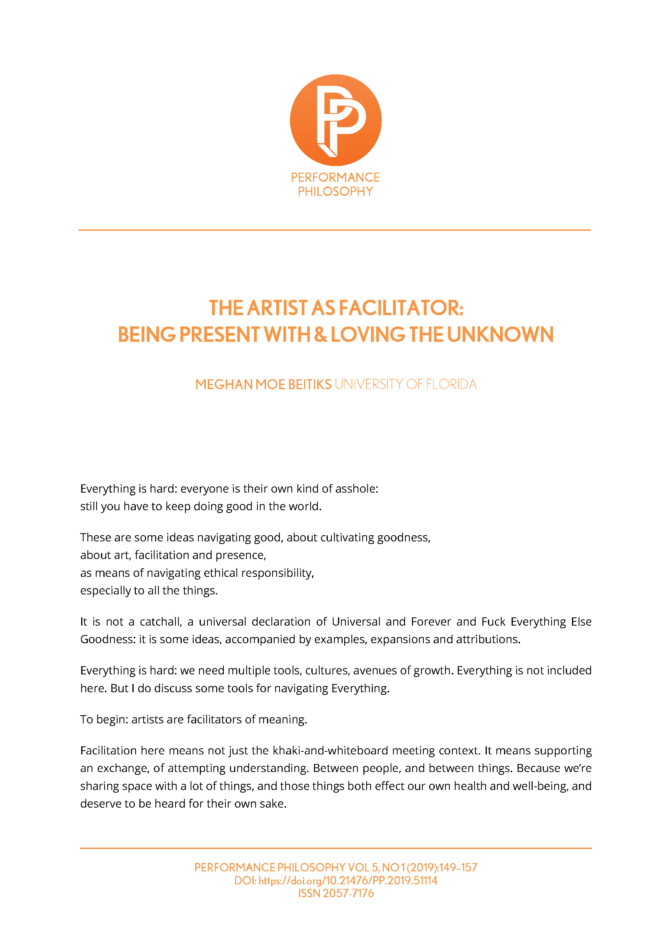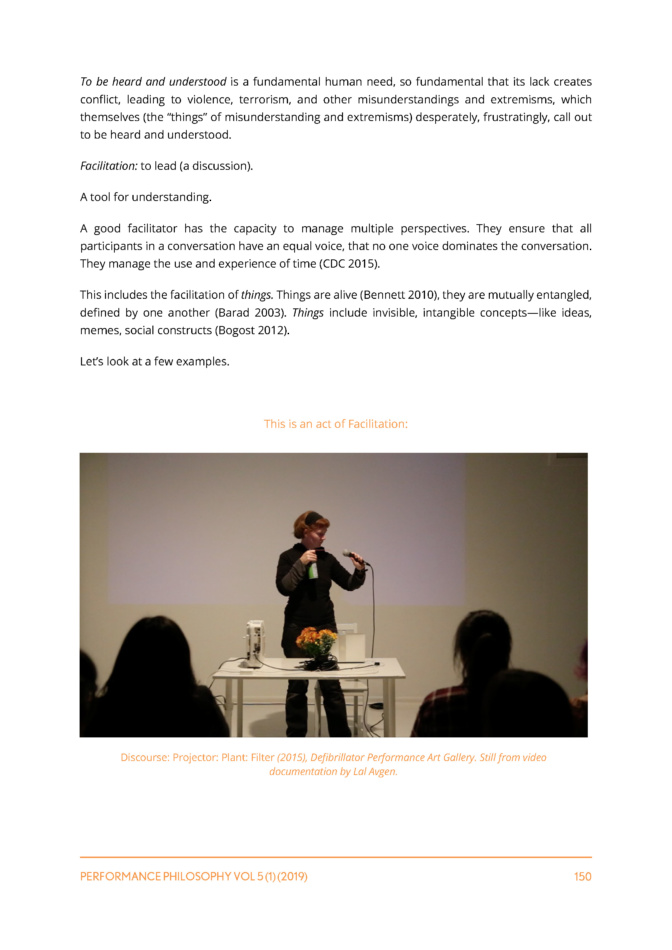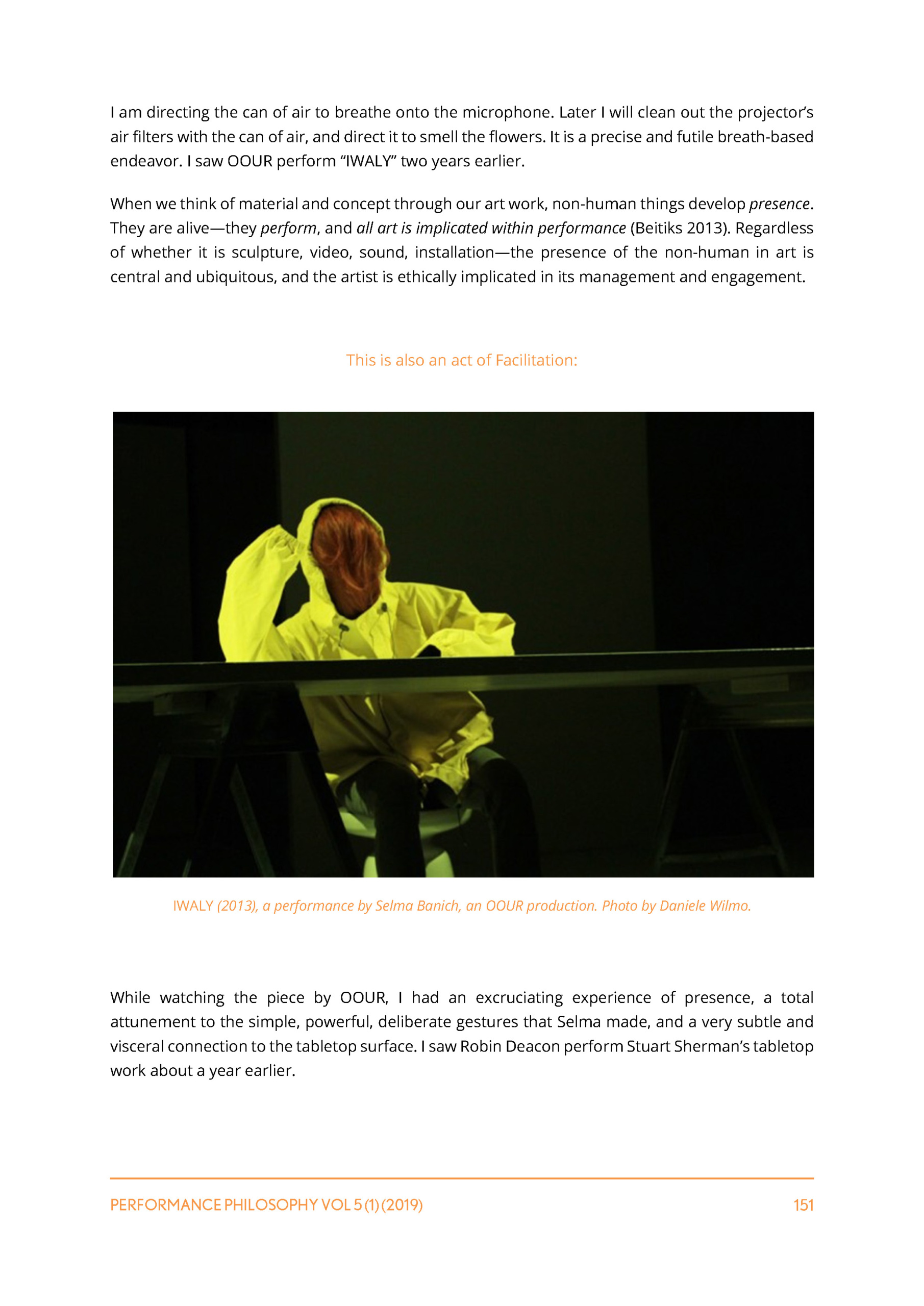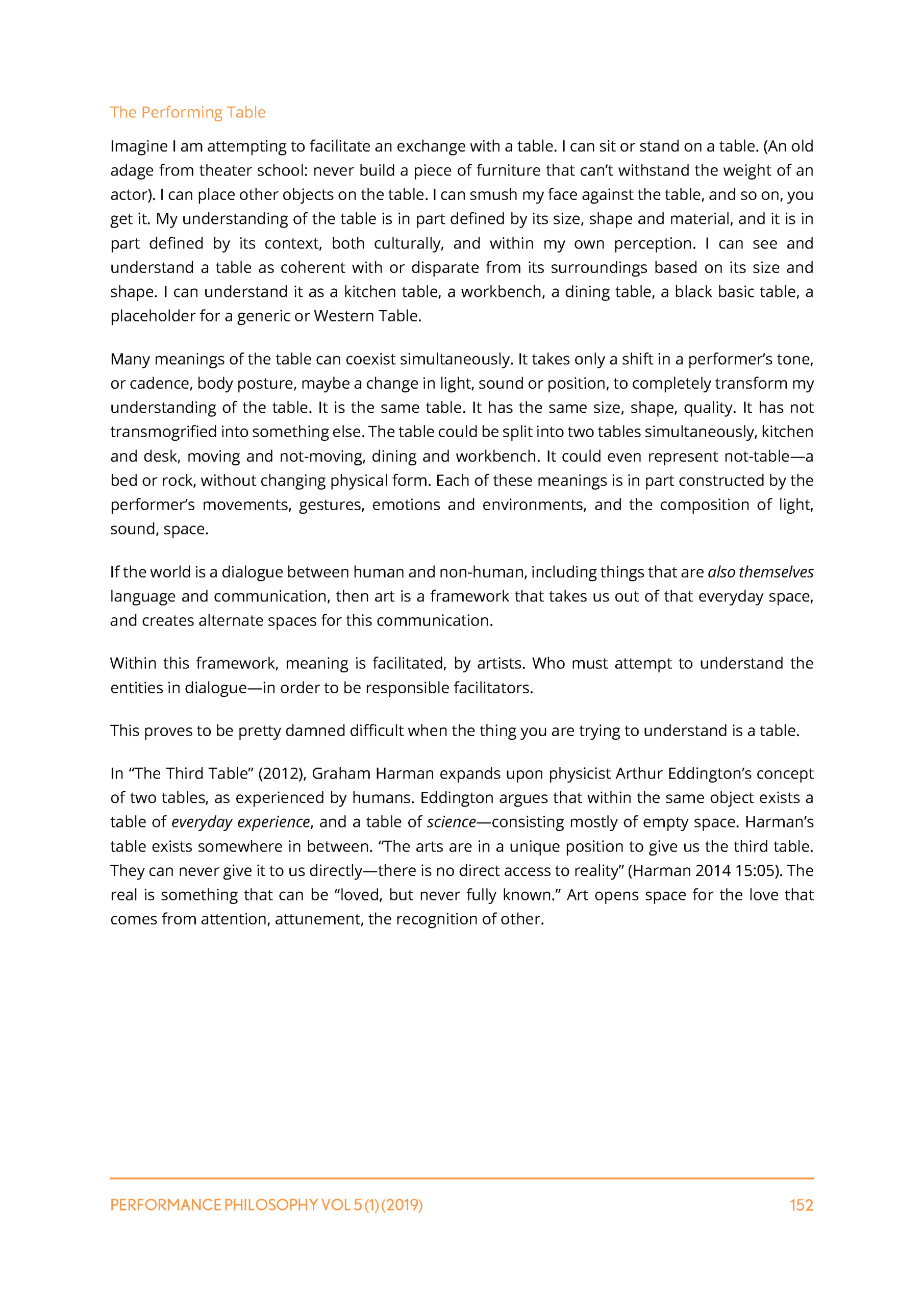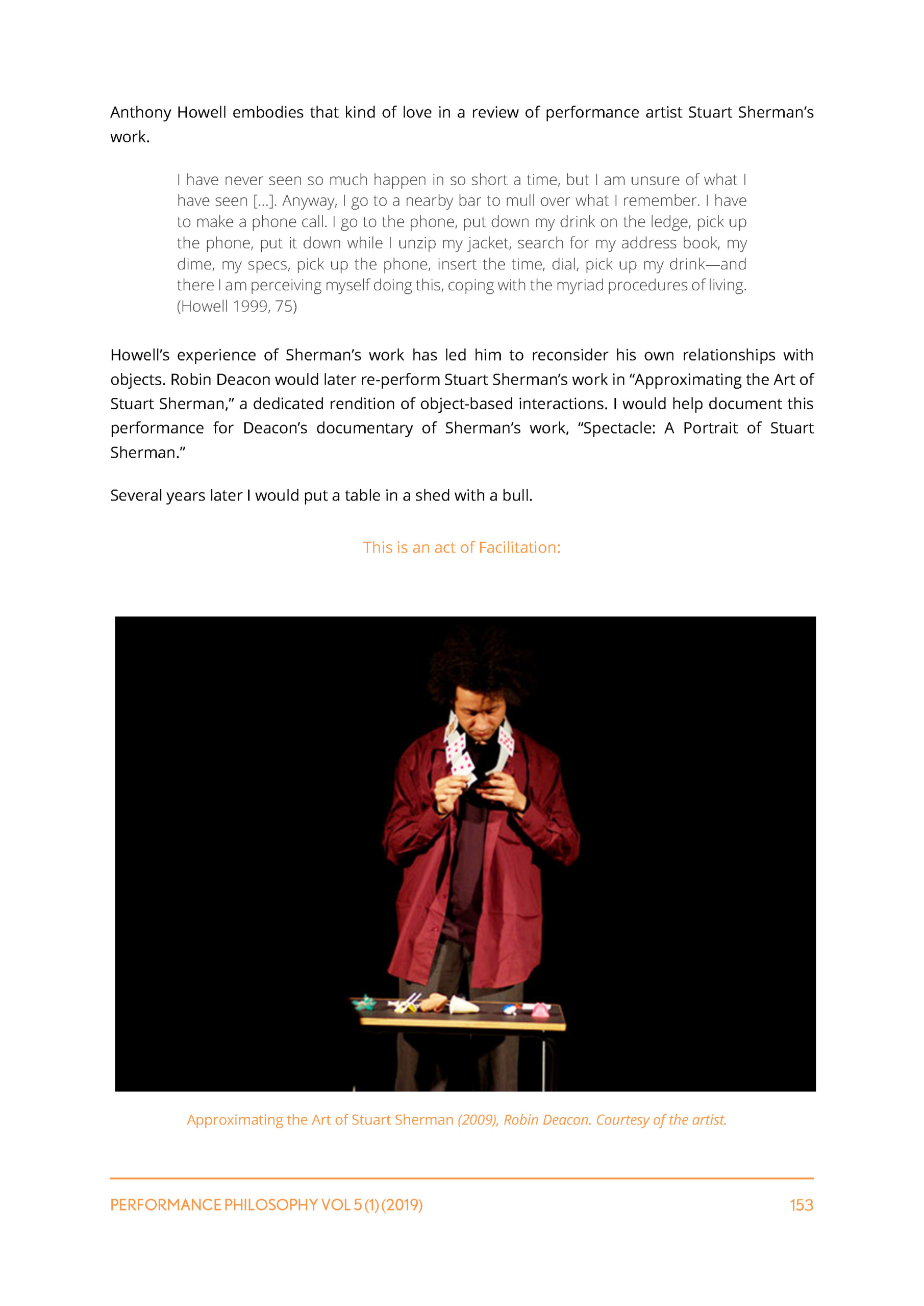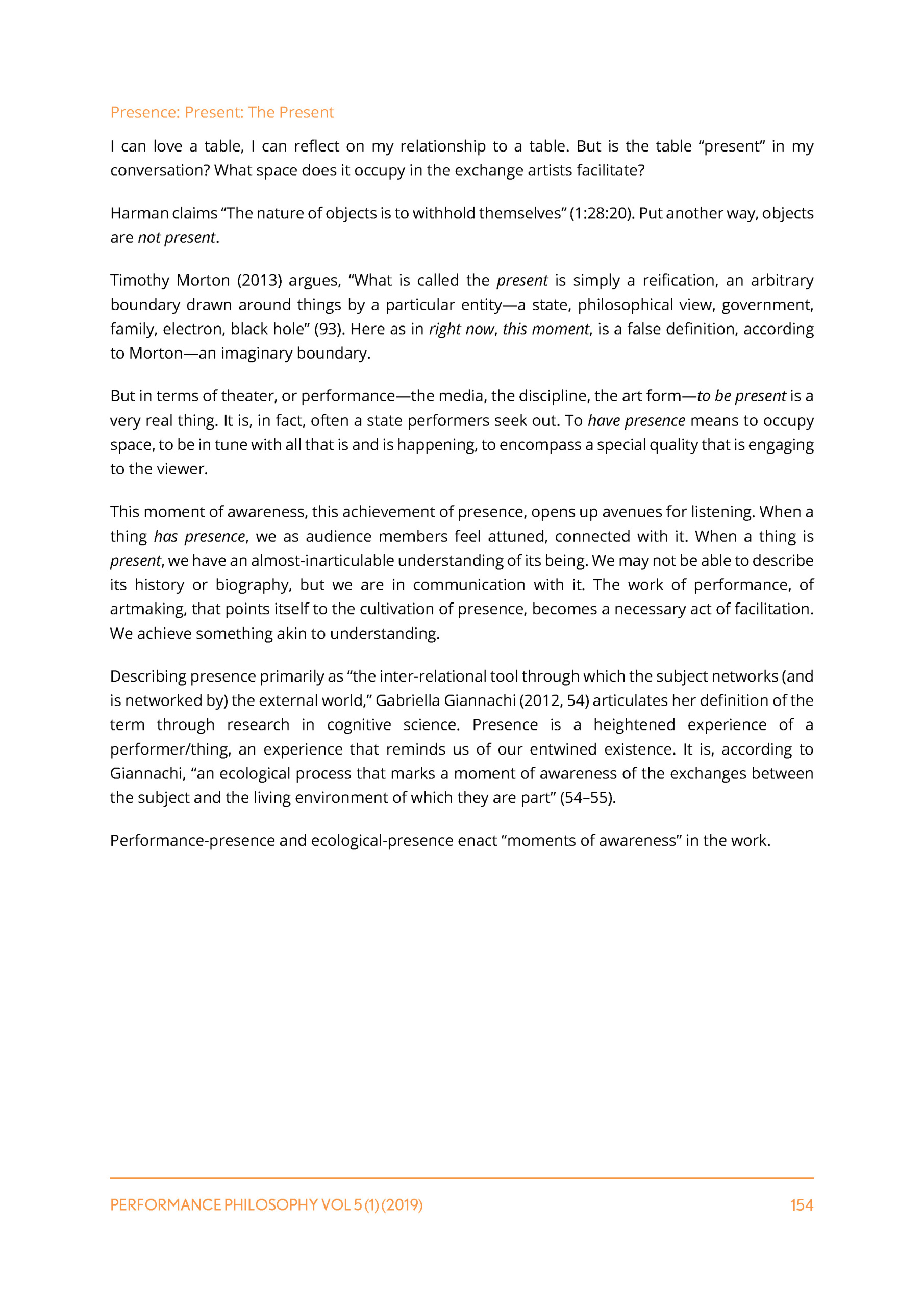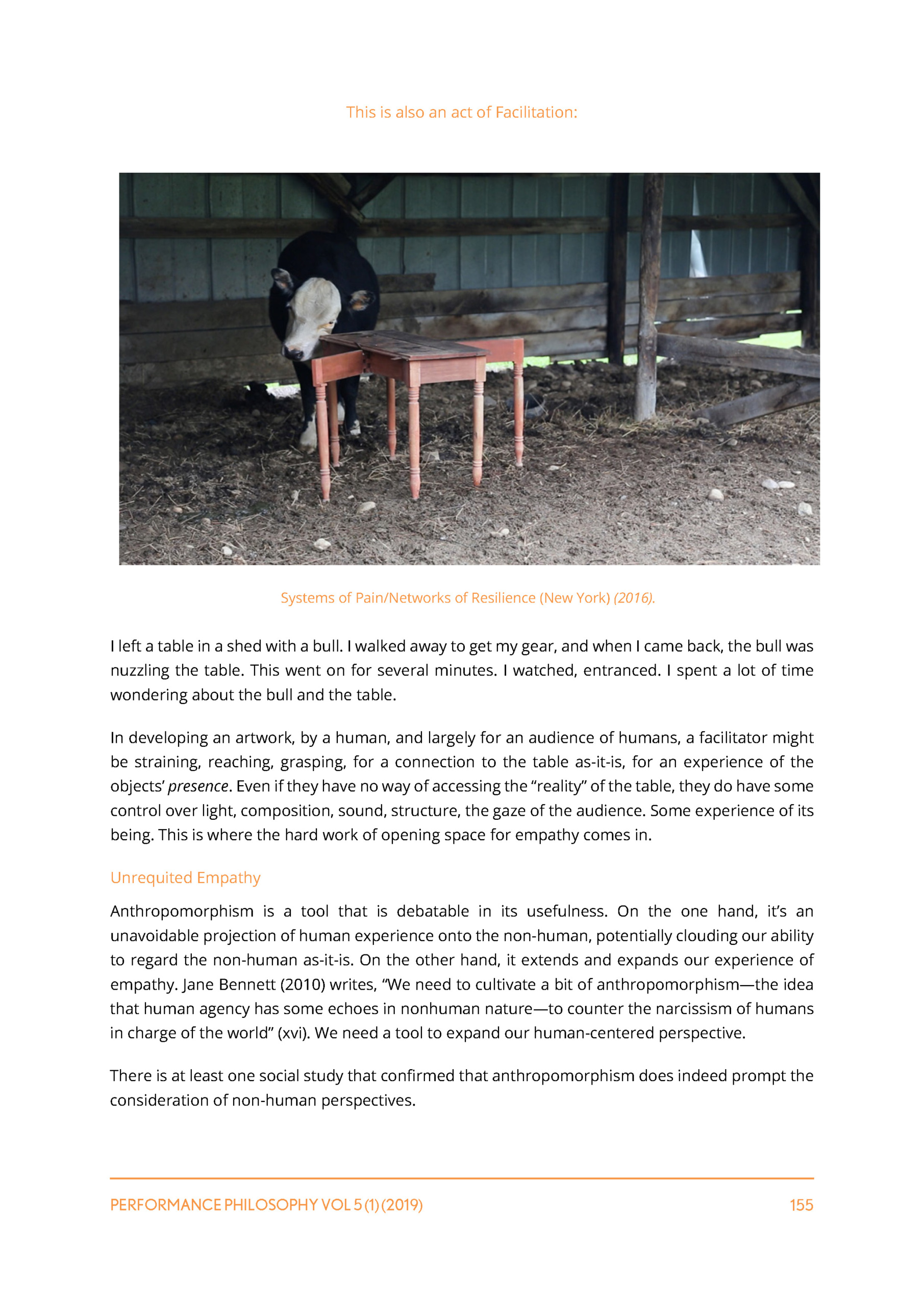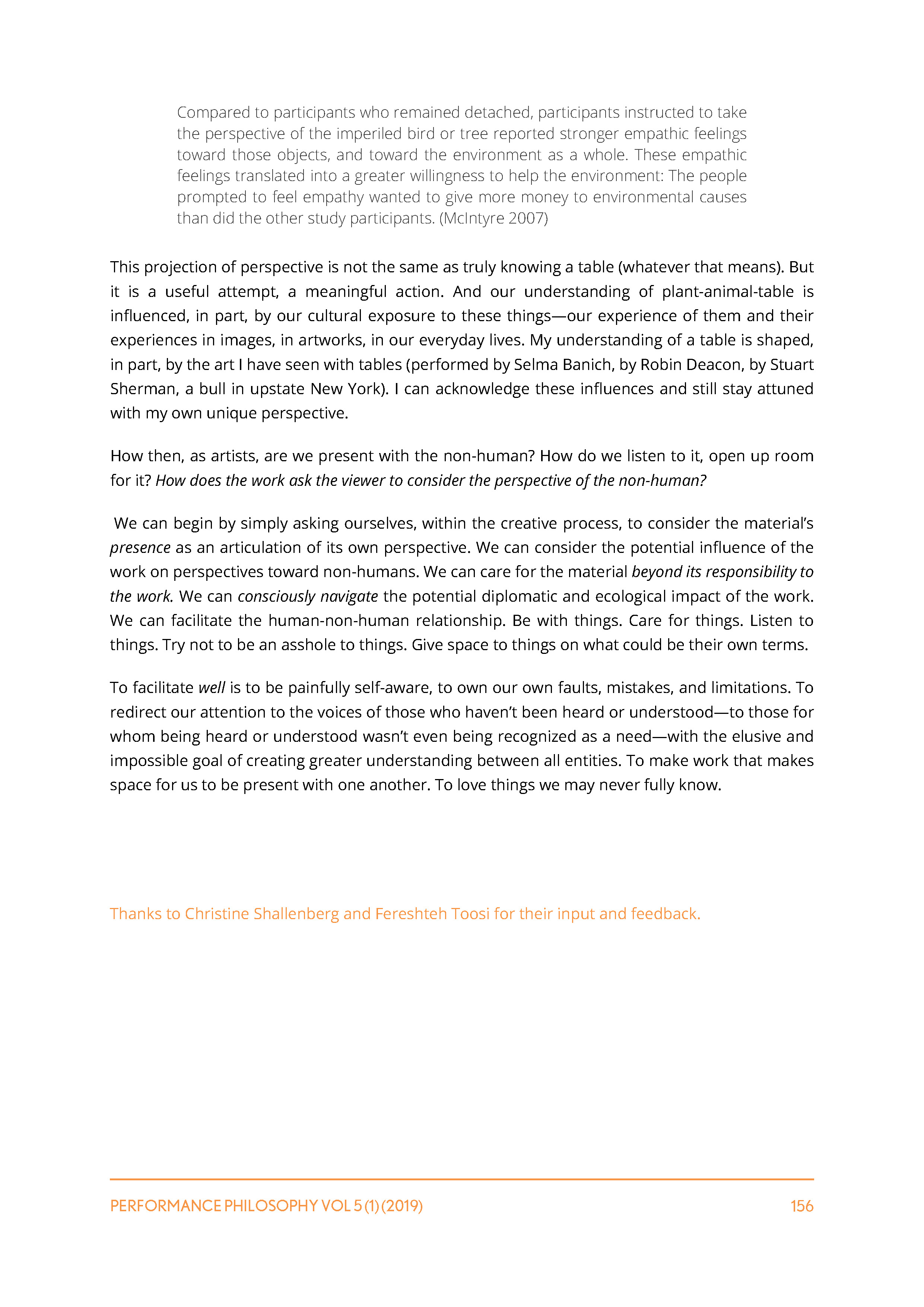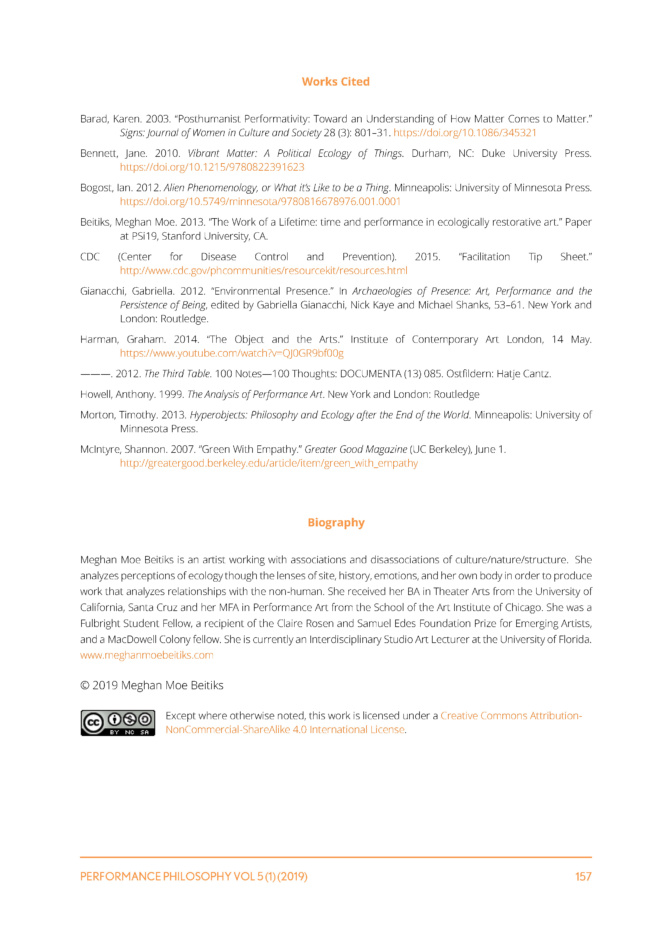writing
Systems of Pain/Networks of Resilience: (Santa Fe) and (Portrait) (2017) in Feral Feminisms
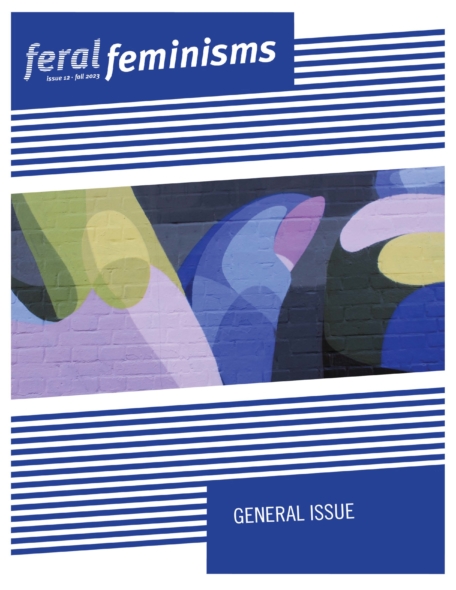
Excerpts of (Santa Fe) and (Portrait) from Systems of Pain/Networks of Resilience were published in Feral Feminisms: The General Issue.
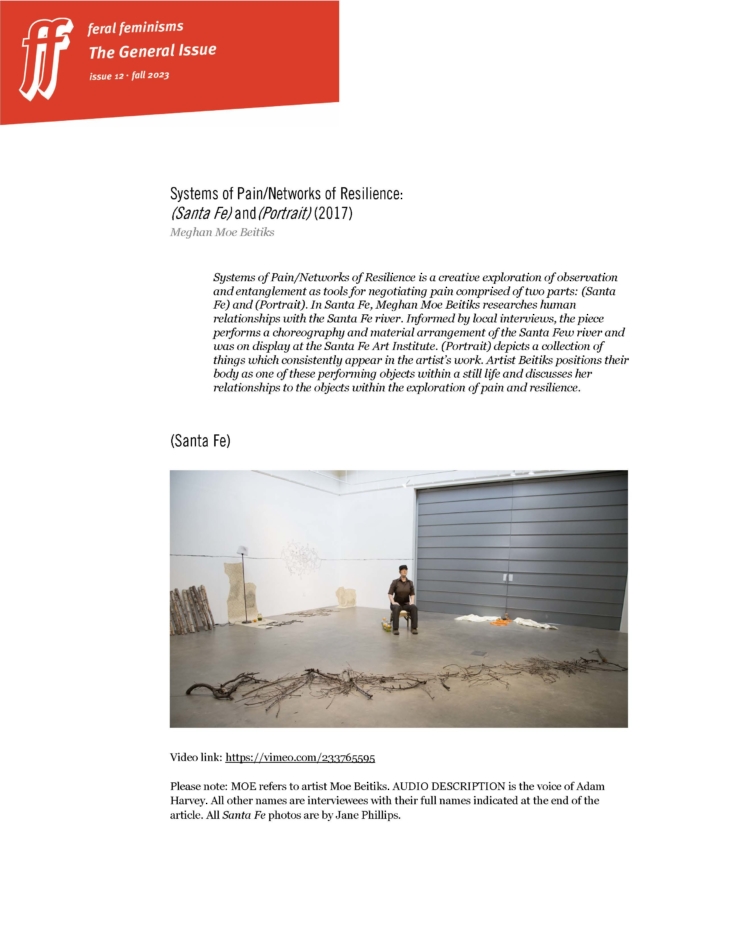
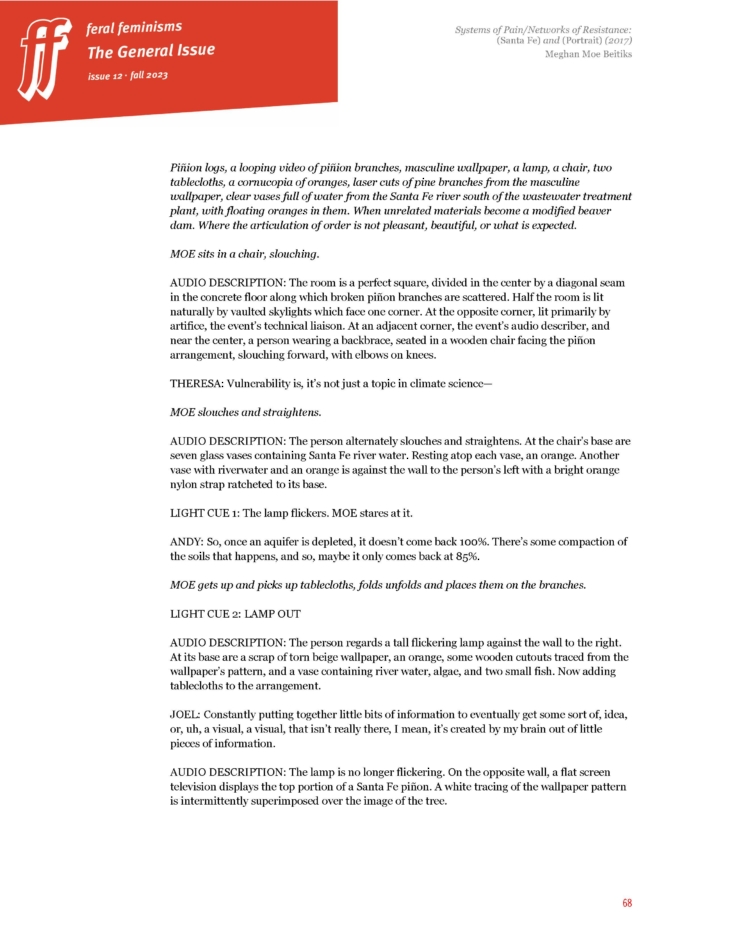
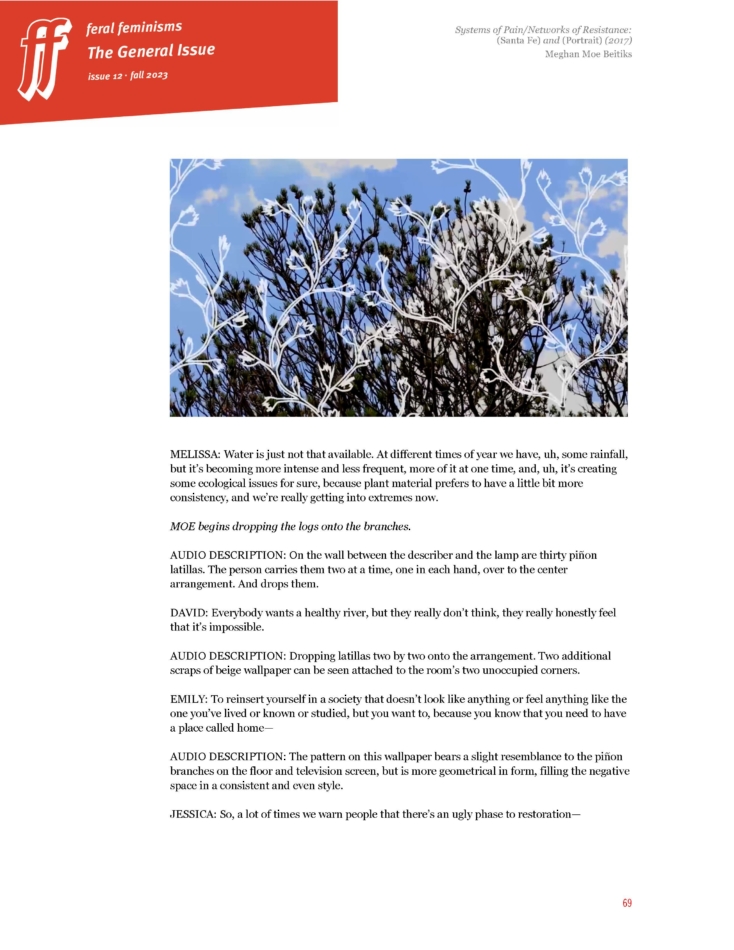
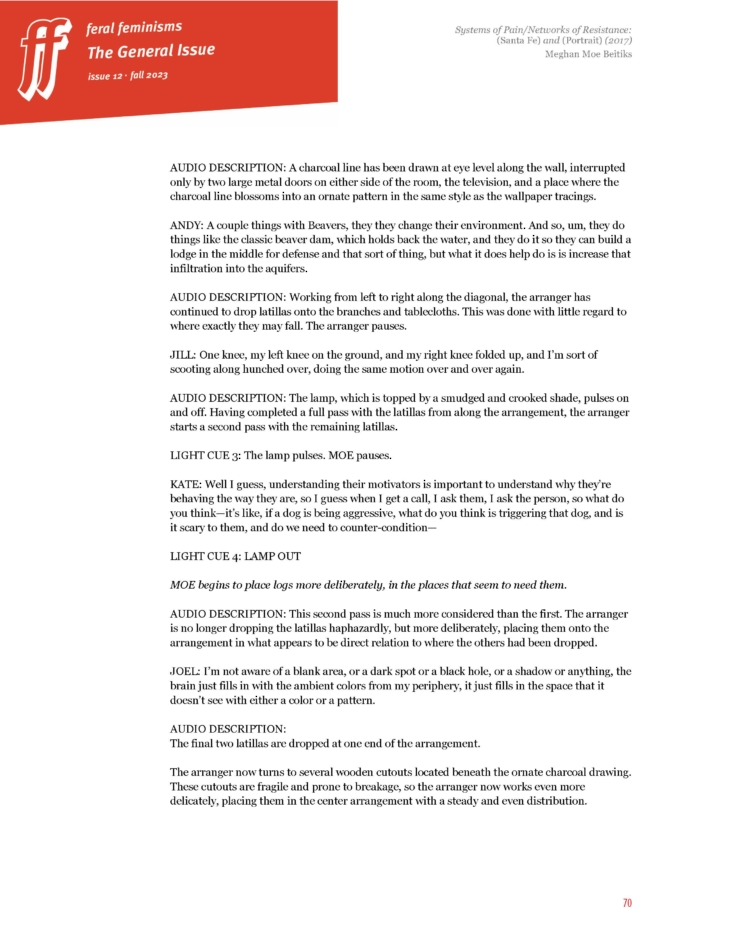
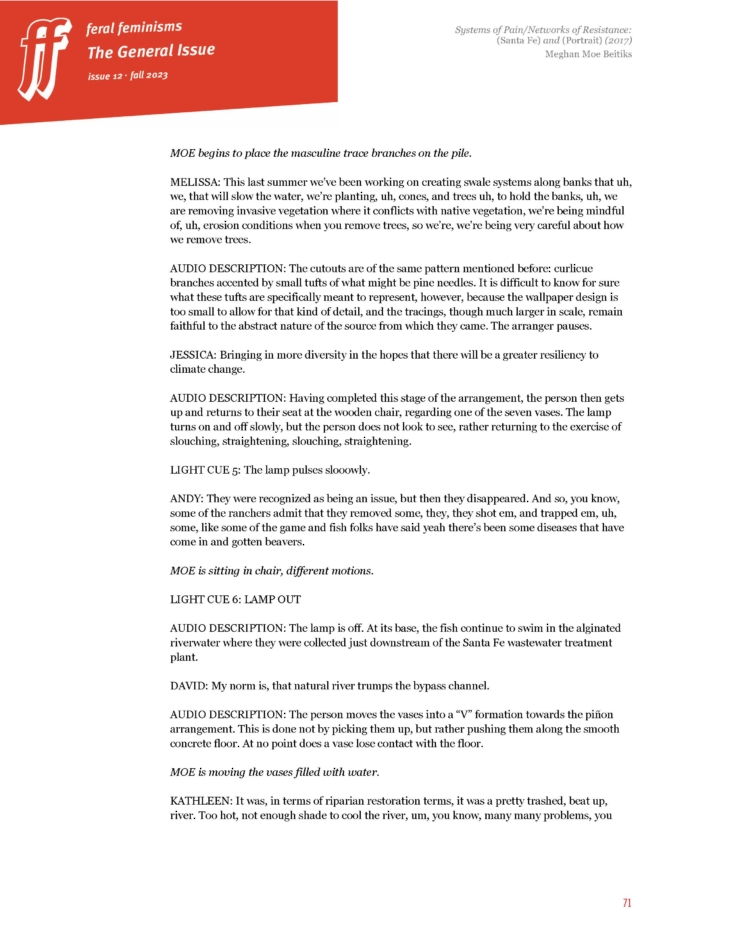

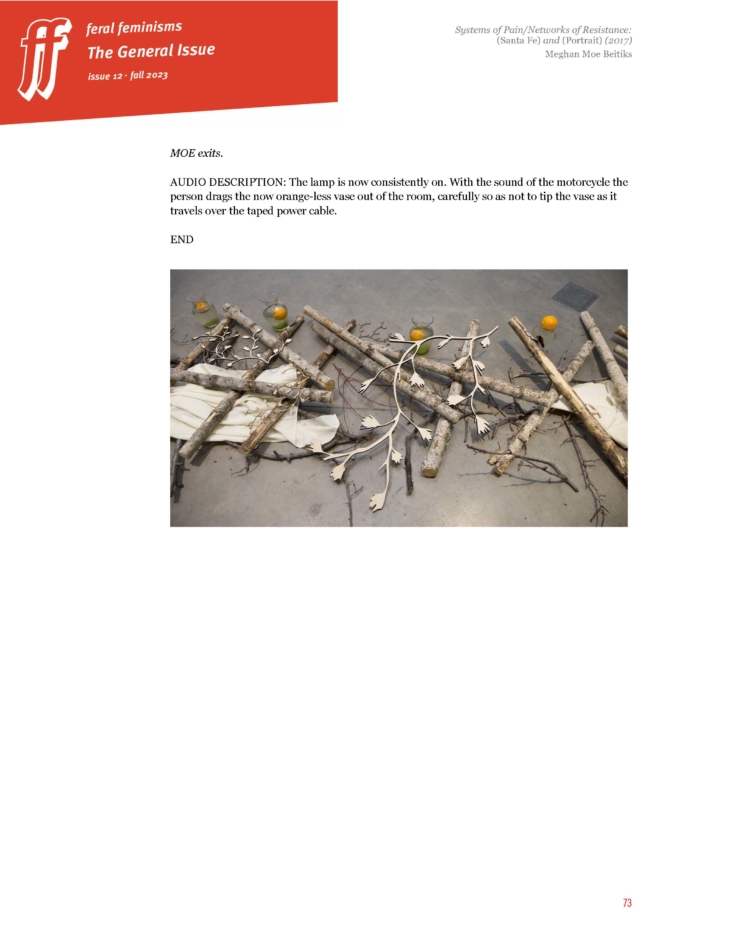
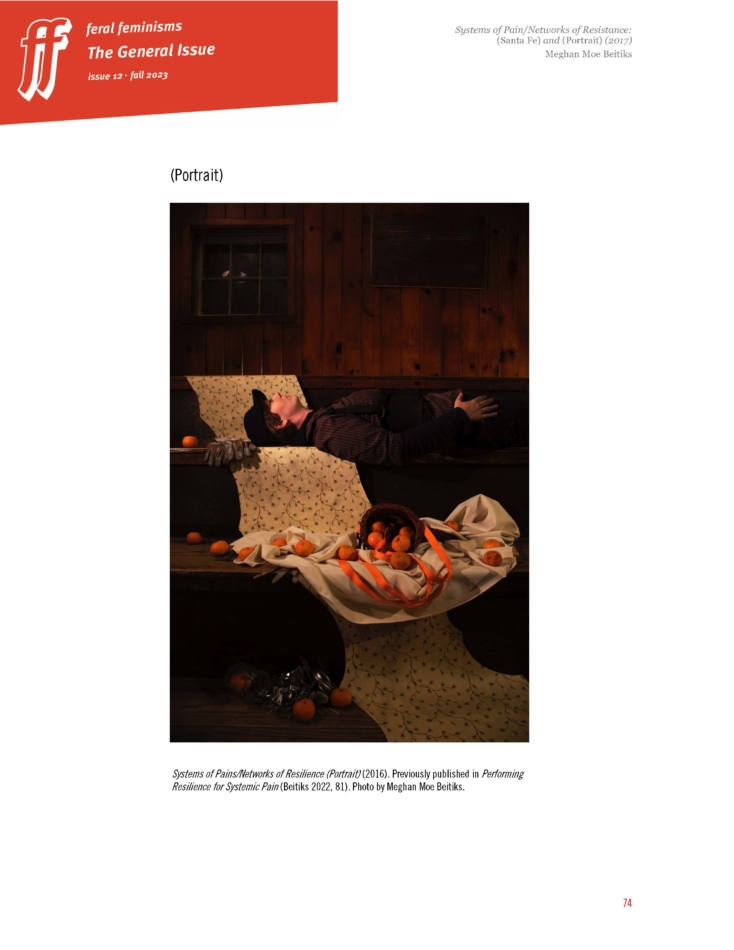
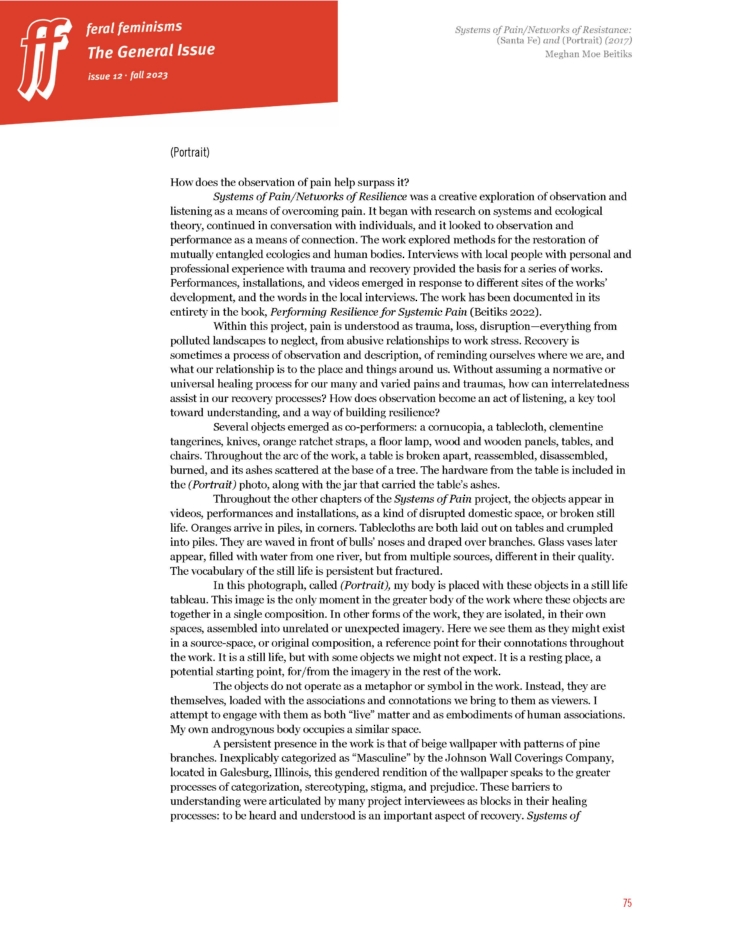
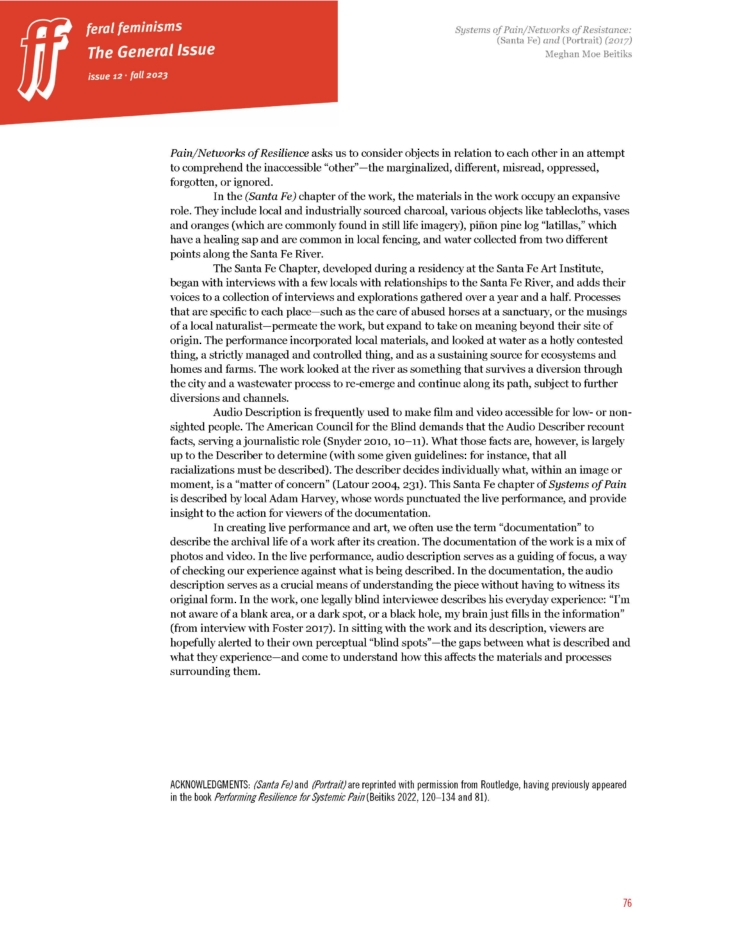
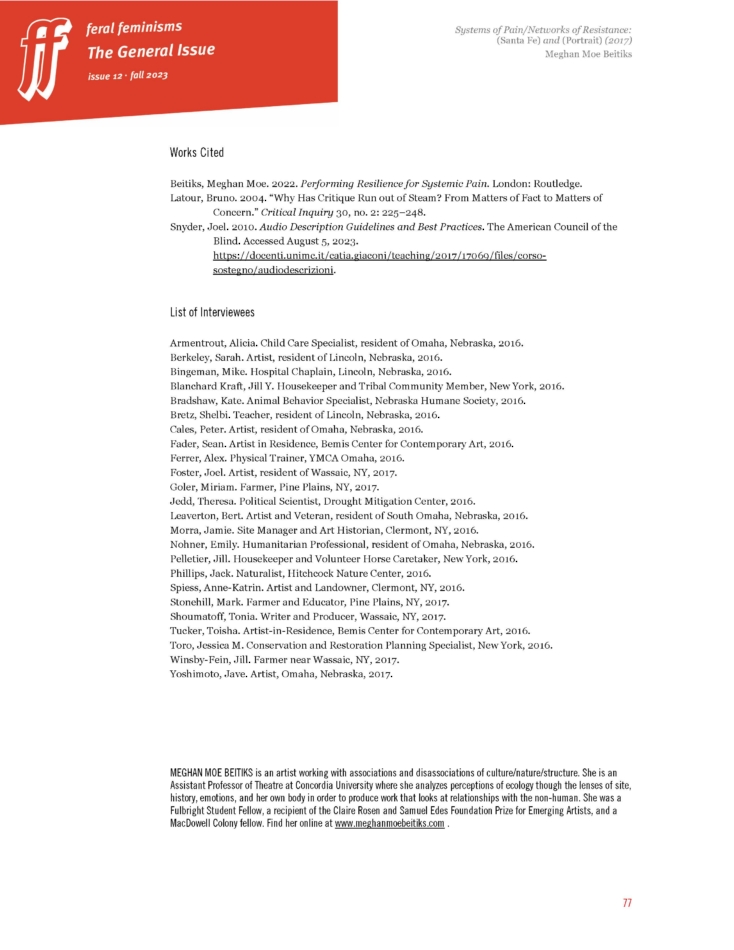
Pulse: Entanglements of air and light in pandemic academia (2021)
As part of a special section in an issue of Technoetic Arts called “Nestworks,” led by Amy Huestis, I wrote some musings on air, pulse and light. This paper is only part of a prolonged process with the “Nestworks” group, which began as a College Art Association panel and expanded into a dialogue of creative works amongst the members. We all presented work to each other and responded to each others’ work.
This was deep within the throes of the pandemic, and I was depleted by the persistent social violence of academia and equity battles in Florida. A number of my academic colleagues were deeply committed to limited, backward, or oppressive structures and legislations under the pretense of honouring the university’s “R1” research level status. I had utterly lost interest in articulating or validating my work within academic structures and instead wrote a piece reflecting on the emotional, political, and social processes I was going through, in the context of light and air. Please also see Breath^work, created with Kenya (Robinson).
Breath^Work (2022)
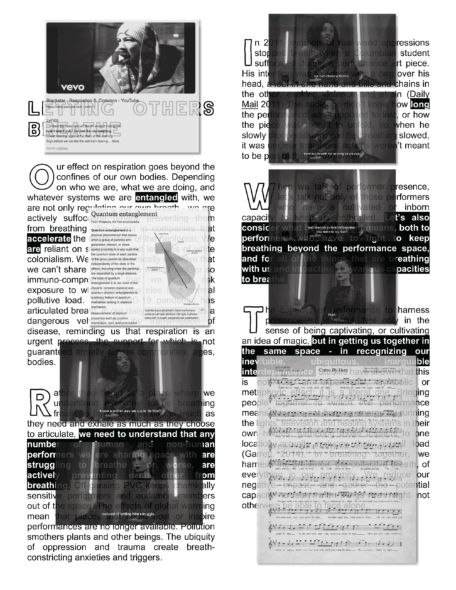
I collaborated with artist Kenya (Robinson) on a piece called Breath^Work for Performance Research. I wrote an academic article on breath and performance, and (Robinson) edited it with visual annotations. It will be forthcoming in Vol. 26 issue 8, in spring 2022.
(Robinson)’s work was supported with a Research Incentive Award from the University of Florida College of the Arts.

Blind Spots (2022)
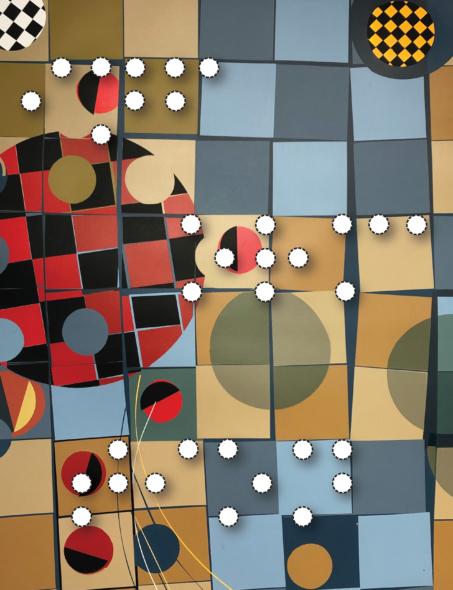
I collaborated with legally blind artist Joel Foster on a piece called Blind Spots, an interactive cutout adaptation of his paintings and process for a pandemic meditation on light and visibility.
For Performance Research, vol. 26 issue 4 On Un(Knowns). Publication date: 24 January 2022
Issue editors: Hetty Blades, Scott de Lahunta & Lucia Piquero
This issue of Performance Research explores the idea of knowledge in relation to performing arts practices. Its concern, however, is not to simply revisit academic debates about practical knowledge but to offer new contexts and insights. From academic truth claims to claims of ownership, from epistemic objects to multiple epistemologies the topic of knowledge is everywhere. This issue aims to build on the foundations laid by previous work in the field, first by attending to the knowledge generated within the performing arts — specifically the types of knowledge involved in creation, training, production, performance and spectatorship — and second by inviting further critical interrogation of what the recognition of this knowledge achieves in the frame of evolving cultural and political contexts. The issue also calls into question the use of the term in itself, interrogating methods, analysis and languaging in order to offer various conceptualizations of knowledge and the (un)known.
Performing Resilience for Systemic Pain (2022)
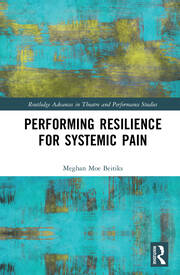
How might performance serve as a means for facing ubiquitous trauma and pain, in humans and ecologies?
While reflecting on my multidisciplinary work Systems of Pain/Networks of Resilience, I consider bodies of knowledge in Trauma Theory, Intersectional Feminist Philosophy, Ecology, Disability Studies, New Materialism, Object-Oriented Ontology, Gender Studies, Artistic Research, Psychology, Performance Studies, Social Justice, Performance Philosophy, Performance Art, and a series of first-person interviews in an attempt to answer that question. I write through the process of making the work and the real-life, embodied encounters with the theories explored within it as an expansion of the work itself. Facing down difficult issues like trauma, discrimination, and the vulnerability of the body, I looks to commonalities across species and disciplines as means of developing resilience and cultivating communities. Rather than paint a picture of glorious potential utopias, I takes a hard look at myself as an embodiment of the values explored in the work, and stays with the difficult, sucky, troubling, work to be done.
Performing Resilience for Systemic Pain is a vulnerable book about the quiet presence and hard looking needed to shift systems away from their oppressive, destructive realities.
Available now from Routledge. To request a review copy, fill out this form. Contact me for inquiries.
Terms that Serve Us (2021)
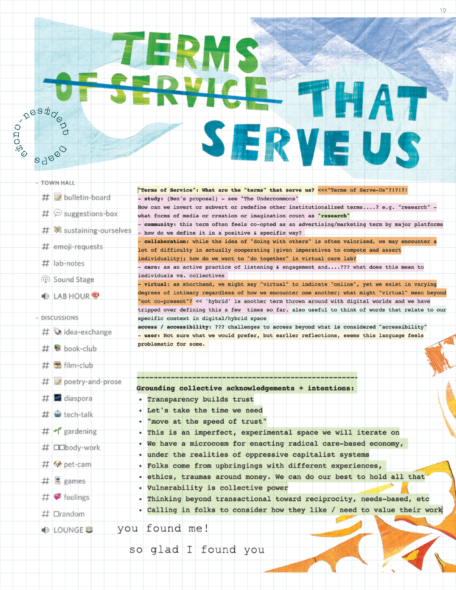
I had the pleasure of working with the virtual care lab on this document, Terms that Serve Us, as an official co-conspirator, for the publication The Field Guide to the Digital and/as Public Space, facilitated by the Bentway through a series of micro-residencies.
Terms That Serve Us was generated through an experimental, collective research process facilitated by virtual care lab as a means to offer inversions, transformation, rejections, and challenges to typical “terms of service” agreements that are often designed to restrict users’ agency on digital platforms.
Embracing the ethos of working in public, virtual care lab initiated a free, public series of discussions, gatherings, and online portals — creating an open cohort of co-conspirators to develop a set of living, collaborative Terms that capture an evolving constellation of community intentions and understandings, rather than a fixed set of rules. The Terms capture critical reflections around common words like community, contributor, study, gardening, accessibility, user, listening, and care, through which virtual care lab ultimately defined their practice as a community, and invite people to actively consider how they interpret and perform this set of values.
virtual care lab intends these Terms to be generative prompts for collective reflection, to serve as provocations towards future collectively defined terms of service, and to be a resource for other organizations and spaces. The Terms celebrate fluidity and friction, and recognize expansive modes of access rather than retreating to defensive legal structures, reflecting an essential trust in, and respect for, other beings.
Systems of Pain/Networks of Resilience (Nebraska) (interconnections) (2021)
Systems of Pain/Networks of Resilience (Nebraska) has been published in the first issue of interconnections: journal of posthumanism. After the peer-review process I was made the journal’s first Creative Works Editor.
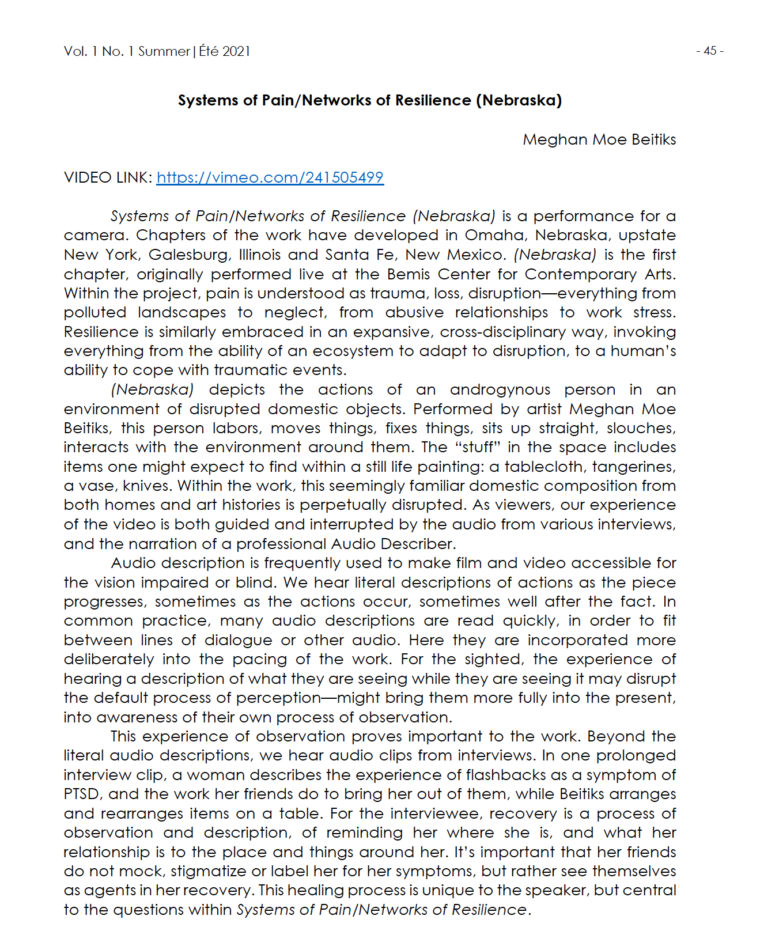
I.D. Performative Collective (2021)
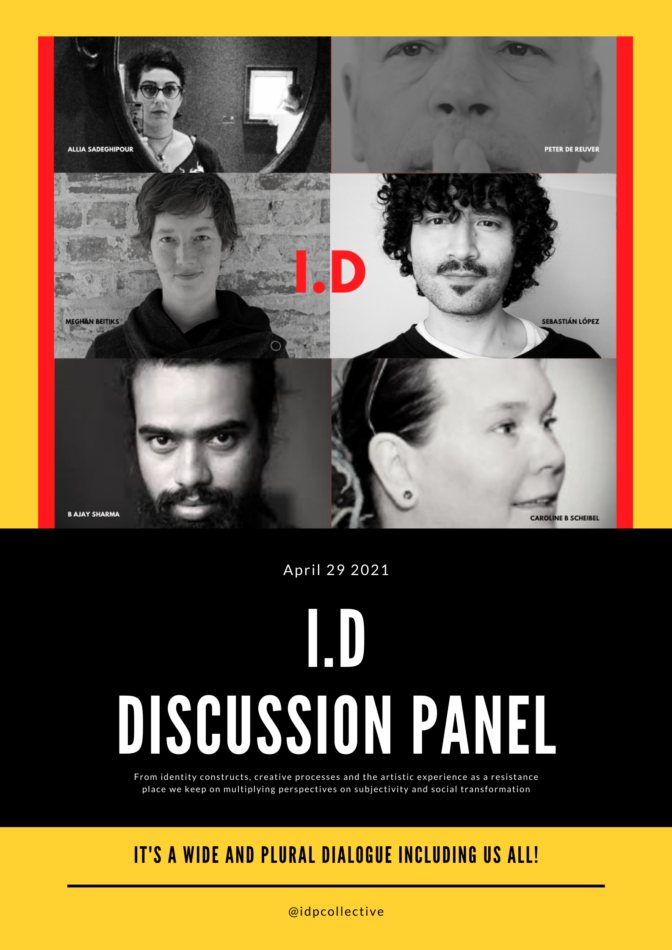
I participated in a series of international conversations with the I.D. Performative Collective. An original statement from the group: “We want to invite you to participate in what we’ve named ‘Improbable Talks’ because they are somehow random, with unknown yet likely enough, really interesting matches from a variety of origins, occupations and views on life.The dynamics of the talks are as simple as they may: there will be a main topic that can be freely developed by both participants. Nur and Mónica will just be moderators and in charge of the good functioning of the talk, as well as translations. The topic will deal with our core focuses on IDENTITY (AS BUILT WITH OTHERS), CREATION AND RESISTANCE. And it can be developed from the perspectives each participant thought was the leading one to answer to ‘migrations’ survey; anyhow there are no limitations, we want these to be open and reflective.”
Unitled (Hinkley) in UNAFRAID (2021)
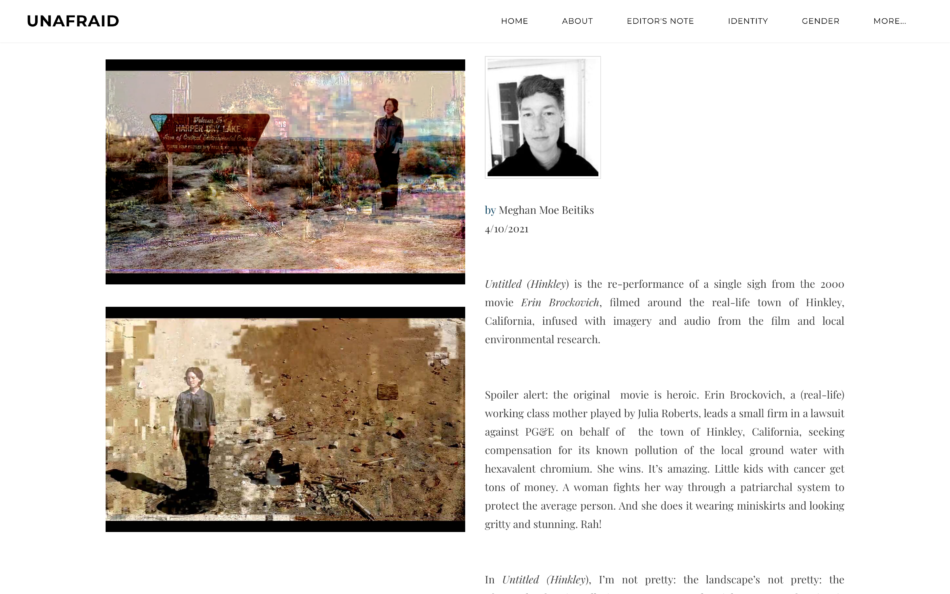
I wrote a piece about Untitled (Hinkley) (2014/18) for the April 2021 issued of UNAFRAID. Scroll to the bottom of ESSAYS to view.
A Lab for Apologies and Forgiveness / Candor Arts (2021)
A Lab for Apologies and Forgiveness is a collaborative publication with Candor Arts, one of the last publications from this important small-scale Chicago-based publisher, and a documentation of what was for me an epic project.
Available from the Live Art Development Agency unbound.
From the Candor Arts Website:
A Lab for Apologies and Forgiveness documents a multifaceted artwork inspired by the bacteria Geobacter sulfurreducens, which reduces radioactive uranium to a non-water-soluble isotope. When I first heard about the bacteria, it opened up an avenue of hope in me. It engages with, and limits, a substance that is otherwise toxic for 10,000 years, and prevents it from doing further harm. Over the works’ six different versions, I worked together with microbiologists, Episcopalian parishioners, several artists, a variety of materials, and the bacteria itself.
The Lab accumulated as a series of installations, performances, videos, written works, and feelings. This book is documentation of it in pictures and scripts, reflections on it from folks who witnessed it firsthand, and a raw look into its development and impact from the pages of my Lab book (initially a gift from the Franks Lab for Applied and Environmental Microbiology at LaTrobe University). I draw conclusions from my research, face down personal and scientific failures and reconciliations, open up questions for further experimentation.
Includes contributions from Dr. Ashley Franks, Sarah Knudtson, Laura Caroline de Lara, Tarsh Bates, Dr. Lucie Semenec, Dr. Jennifer Wood, Arjuna Capulong, Lauren Goldstein and Emerson Granillo.
Some things are not remediable. It’s okay.
Perfect Bound book with inkjet printed cover. Black toner printed pages on two papers.
Design: Melanie Teresa Bohrer
Production: Candor Arts
Supported with a Scholarship Enhancement Fund from the University of Florida.
ISBN: 978-1-950615-05-6
Performing Public Health (2020)
I am the Lead Facilitator of a project called Performing Pubic Health for the Center for Arts in Medicine, as part of their COVID-19 Arts Response.
From our website:
How do we collectively Perform Public Health? Three overlapping teams of artists, administrators, health officials, academics, researchers and activists offer tools for safe engagement with the arts, chronicle the adaptive powers of artists, and organize resources emerging from artist communities, in an attempt to answer that question.
The Advisory team has created a Performing Public Health Advisory Brief, which offers basic suggestions for safe practices, as well as appendices on infection control recommendations, finding reliable information and links to articles and studies for artists and communities effected by COVID-19.
The efforts include contributions to the COVID-19 Arts Response Repository, helping to chronicle the performance of public health through the arts during the time of the pandemic.
Within these efforts, Remote Cultures emerge in response to the lack of human contact that a pandemic imposes. In this context, Remote Cultures are the artworks, gatherings, adaptations and connections we create when health measures dictate social distance. They are how we maintain closeness, creativity, expression when the space between us is dictated by a virus or a law, or mediated by a screen or mask. Visit this page for a curated focus on the arts adaptive power in the context of a pandemic created by this team.
Within public health measures, the needs of marginalized artists are not always thoroughly considered. They are uniquely precarious, made vulnerable by systemic racism, disability, poverty, compromised immune systems, age, and a number of other factors. Marginalized artists can also possess experiential expertise directly relevant to a pandemic. The Unique Precarities team curates the work of vulnerable artists and communities and places them alongside institutional research, to serve as an interdisciplinary index of creative support. Please visit this page for resources from Uniquely Precarious artists and the systems in which they are entangled.
Performing Public Health considers the specialized concerns of artists and public gatherings at a time when gathering for in-person art experiences is constrained by the possible transmission of an infectious disease like COVID-19. Please visit the resources below for more information.
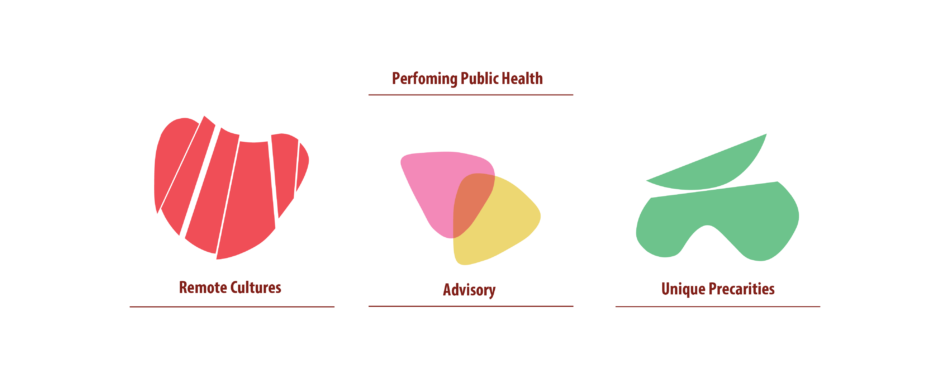
Graphic Design by Edith Williams.
Performing Public Health
This project was created by the following humans:
- Meghan Moe Beitiks, Artist, University of Florida
- Aaron Colverson, University of Florida
- Chloe Dean, University of Florida
- maxpaº hina minga (charlee huffman), MFA, M.Div. (Kansa/Potawatomi)
- Srinjoyi Lahiri, Young Artivist Alliance
- Keely Mason, University of Florida
- Edith Moore Hubert, Jacksonville University, Linda Berry Stein College of Fine Arts
- Virginia Pesata, University of Florida
- Katrina Pineda, California Representative of the Arts Health Early Career Research Network
- Natalie Rella, University of Florida
- Jill Sonke, University of Florida
- Marina Tsaplina, Transdisciplinary Artist, Health Humanities Scholar, Disability Advocate
- Edith Williams, Graphic Designer
- Kaitlyn Wittig Menguc, Artist & Arts Consultant
We’re also very grateful to our colleagues working in the arts, social work and activism, Arts + Health and Art Place America for their input on the development of this project.
Project Credits and Citations:
- Pesata, V., Moore Hubert, E., Wittig Menguc, K., Beitiks, MM. (2020). Performing Public Health: Advisory. Retrieved from (insert URL).
- Colverson, A., Pineda, K. Lahiri, S. (2020). Performing Public Health: Remote Cultures. Retrieved from (insert URL).
- Tsaplina, M., Beitiks, MM., Huffman, C. (2020). Performing Public Health: Unique Precarities. Retrieved from (insert URL).
CSPA Q29: Silence (2020)
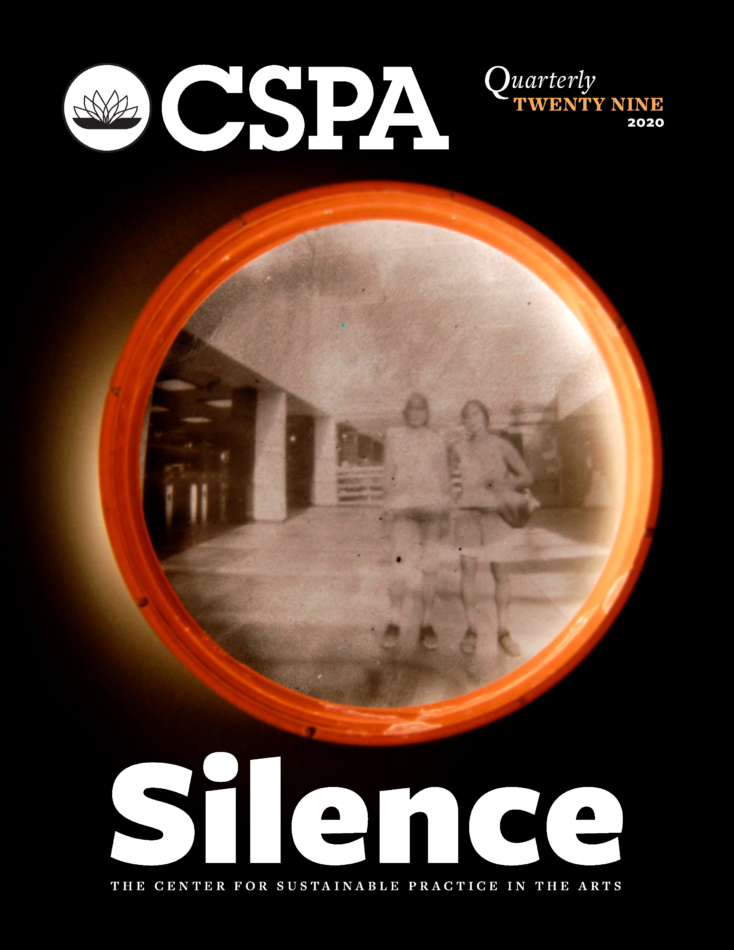
As the Lead Editor of the Center for Sustainable Practice in the Arts Quarterly, I invited guest editors to curate issues around specific themes within arts and sustainability, oversee issue development, and manage issue launch. I also got to curate some issues myself. This is an issue I edited.
When words and sounds fail, silence has the potential to both open up space for listening, and serve as an oppressive force. Q29: SILENCE examines Silence in various practices and processes, as both a facilitator of healing and a catalyst for trauma. Artists are silent, question silence, are empowered through and threatened by silence, listen in silence, stew in silence. This issue is a quiet one, but it is by no means without agency.
Systems of Pain/Networks of Resilience (Moment 2) (World Futures) (2020)
Systems of Pain/Networks of Resilience (Moment 2) has been published in the peer-reviewed World Futures, in an issue on Queer Conviviality, edited by Sacha Kagan.
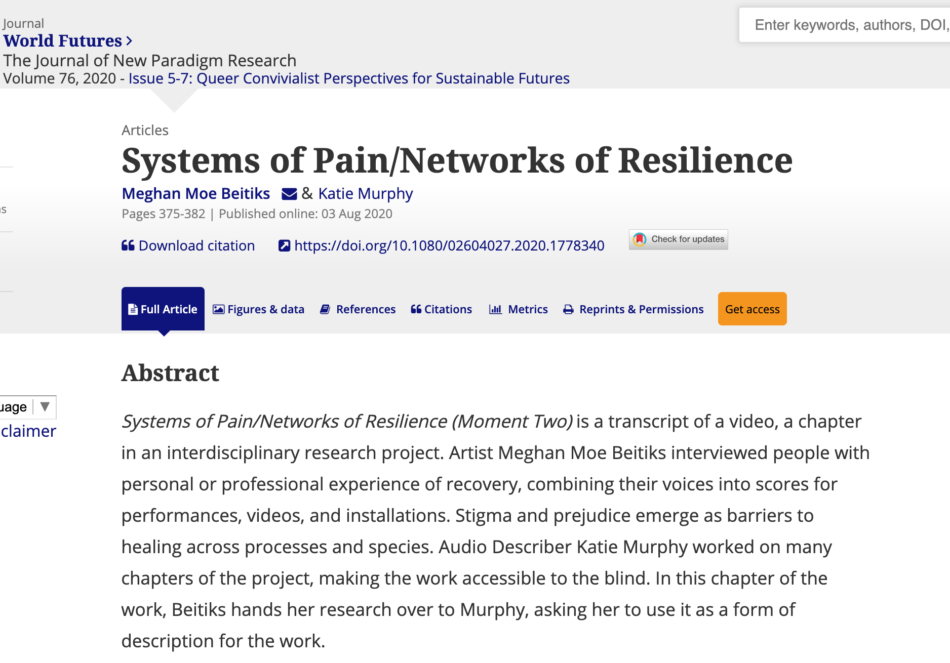
The Artist as Facilitator: being present with & loving the unknown (2019)
I’ve had the honor to have my essay “The Artist as Facilitator” published in a recent issue of Performance Philosophy. It went through an extensive editing process with Kelina Gotman, Theron Schmidt, Christine Shallenberg and Fereshteh Toosi, as part of a 3-year existential gestation process. Please check it out for reflections on facilitation, presence and nonhuman relationships.
Performance, Ecology and Sustainability (2024-)
Ecologies perform: artists make performances in and with ecologies. Examining everything from sustainable design and production practices to conceptual, creative approaches to engagement with ecologies, this course will look at the consideration of the non-human in performance through multiple lenses. Students will hear talks from professional performance-makers engaged in sustainability and ecology, learn about sustainable initiatives within Concordia, and create their own works in response to ecological approaches, cycles, materials and themes. How do we work with ecologies to be sustainable performance-makers? This course offers multiple answers to this question.






JUST: A Short Works Festival (2024)
This course is meant to provide students with conceptual, practical and pedagogical support as they navigate the challenges and joys of creating a public performance within an original festival of Short Works. More info about the event, the shows and their creators here. Each piece was a 45 minute original work devised, written, designed, directed and/or performed by students. This course takes place as a regular event within the Concordia Theatre Department, where the festival serves as a creative output for the student community, and a capstone event for some Performance Creation students. Photos by Brooklyn Melnyk.
IN ORDER:
if only, glitter glue (i am filled with uncontrollable rage), DE-PATTERN, just a Rube Goldberg machine







































CSPA Q22: The Unknown and Uncertain (2018)
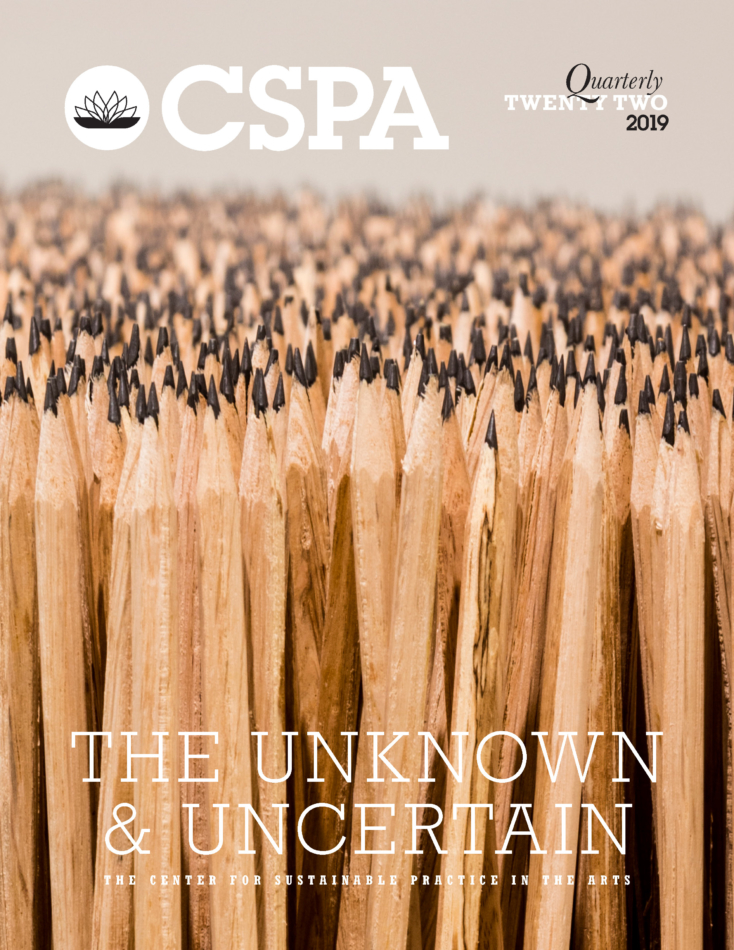
As the Lead Editor of the Center for Sustainable Practice in the Arts Quarterly, I invited guest editors to curate issues around specific themes within arts and sustainability, oversee issue development, and manage issue launch. I also got to curate some issues myself. This is an issue I edited.
Sustainability is often discussed in terms of maintenance, or awareness– engagements with the known. Q22: THE UNKNOWN & UNCERTAIN asks a series of artists for their work and reflections on the vast expanse beyond the known– from questions of nothingness, to existential crises, to attempts to anticipate the unexpected. How are creative practices sustained in the face of uncertain funding futures, or vast cultural shifts? How do the arts aid sustainability when change is vast, immediate, and unknown? How can we be certain that what we sustain will be useful?
CSPA Q20: Self-Care (2018)
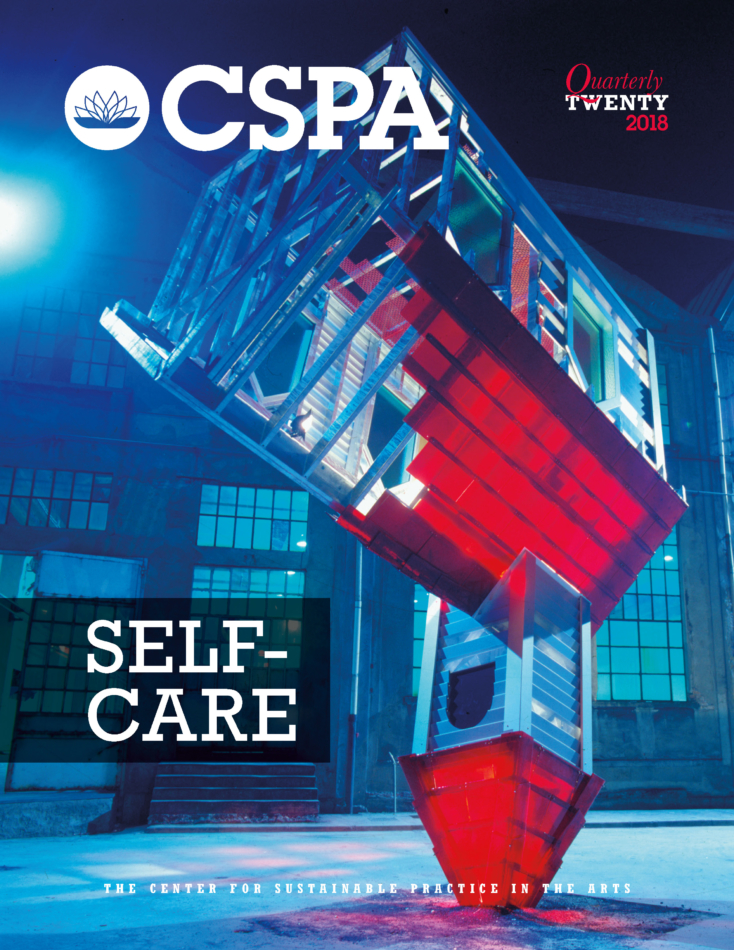
As the Lead Editor of the Center for Sustainable Practice in the Arts Quarterly, I invited guest editors to curate issues around specific themes within arts and sustainability, oversee issue development, and manage issue launch. I also got to curate some issues myself. This is an issue I edited.
For this, our 20th issue, we take a moment to look back at the history of the quarterly, and examine our own self-care, while inviting contributions from artists and thinkers who address self-care in their process and practice. How do we sustain ourselves, when everything around us demands sustenance? Featuring contributions from John K. Grande, Perdita Phillips, Ernesto Pujol, Sarah Berkeley, and more.
Celestial Performance Design (2023-)
This course examines the elements and history of performance designed in concert with celestial entities: the sun, moon, stars, tides and beyond. Students are invited to explore a variety of approaches, including independent research, reading, attendance at guest lectures, experimentation and project work. The main goal is to introduce students to languages, tools and techniques of Celestial Performance Design. Central to this course is a grounding in the theory and practice of conception, communication and realization of design in both lecture and laboratory settings.
Ethics & Materiality (2023)
This course examines the material elements and ethical processes of design in theatre & performance. Students are invited to explore a variety of approaches, developing processes of Conception and Realization. The main goal is to introduce students to ethical languages, tools and techniques of Design for Theatre and Performance. Central to this course are considerations of sustainability, equity, safety, wellness and cultural sensitivity across disciplines.



CSPA Q17: Sense and Sensuality (2017)

As the Lead Editor of the Center for Sustainable Practice in the Arts Quarterly, I invited guest editors to curate issues around specific themes within arts and sustainability, oversee issue development, and manage issue launch. I also got to curate some issues myself. This is an issue I edited.
Q17: SENSE & SENSUALITY asks: what sustains our senses? Exploring firsthand experiences of nature, methods of non-human communication and harassment, and ideas of “ecosexuality,†this issue looks at sensory understandings of ecologies. With contributions from Annie Sprinkle, Dao Nguyen, The Plant Sex Consultancy, Pony Express, Sacha Kagan and more.
Elements of Multimedia (2023-)
This course examines the elements of media in theatre & performance. Students are invited to explore a variety of approaches, developing conceptual processes. The main goal is to introduce students to languages, tools and techniques of media as it works with live performance. Central to this course is a grounding in the theory and practice of conception and communication of design in both lecture and laboratory settings.


Designing for Public Performance (2023)
This course is meant to provide students with conceptual, practical and pedagogical support as they navigate the challenges and joys of designing for public performance. During this season, students collaborated with professional directors and technical staff to build the shows LOAM (directed by Cristina Cugliandro), GRIEF (directed by Jessica Carmichael) and conceptual development for an original circus production of “‘Till Human Voices Wake Us,” directed by Shana Carroll. Production photos by Brooklyn Melnyck. Pictured below: LOAM, then GRIEF.













Introduction to Scenography (2022-)
An overview of design for live performance at Concordia University. Students from Acting, Performance Creation and Scenography go through a series of projects and exercises designed to prompt them to consider material, light, sound, media and space in performance.
FALL 2022















